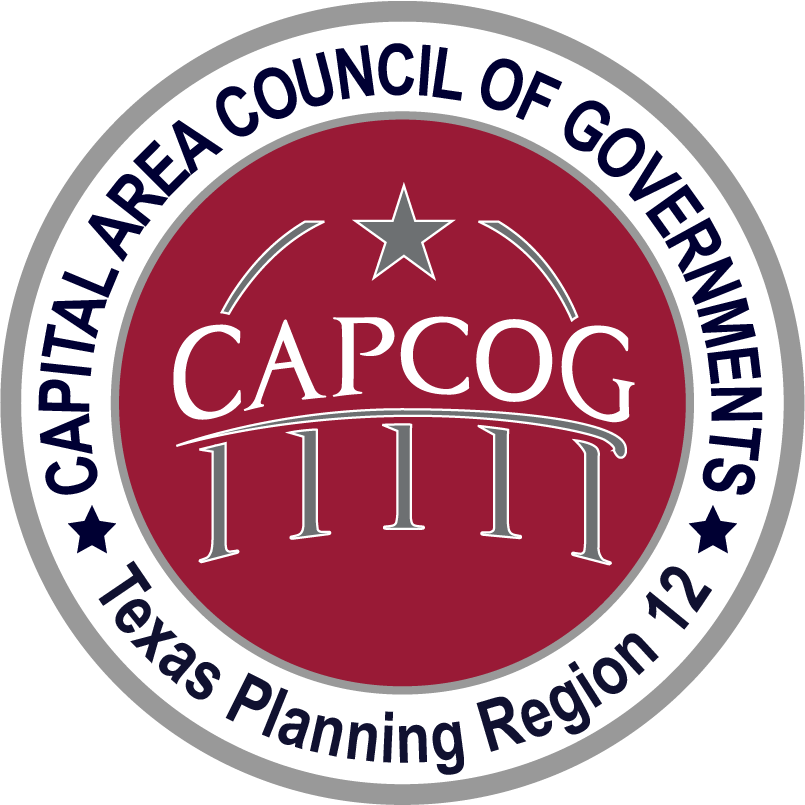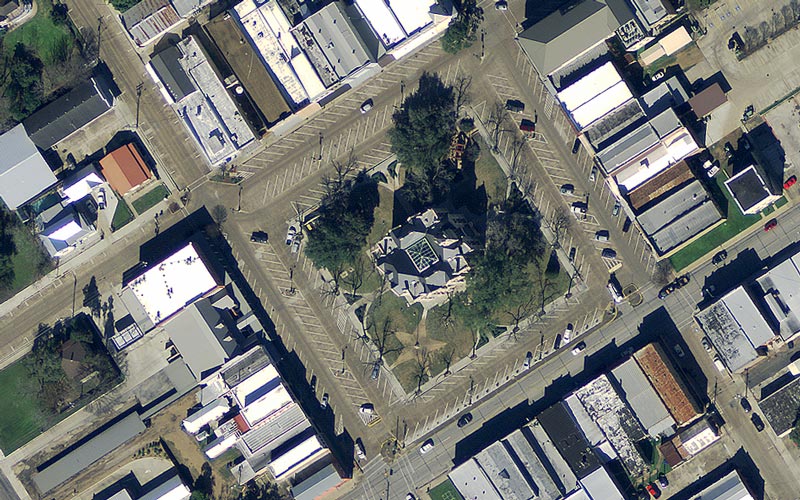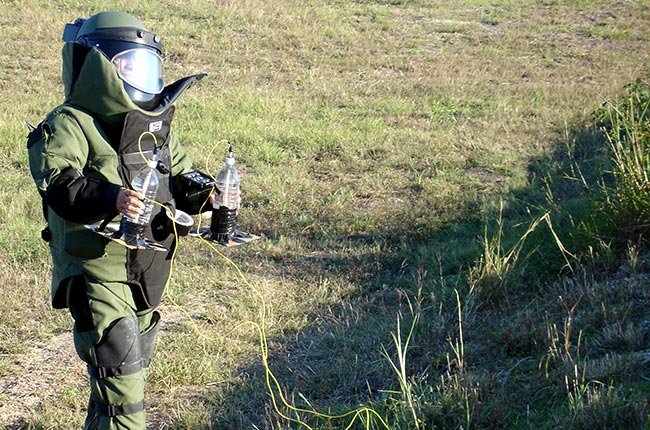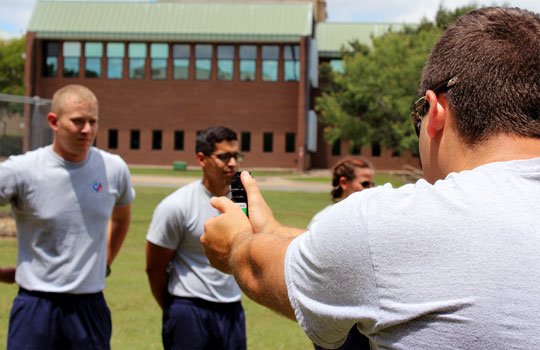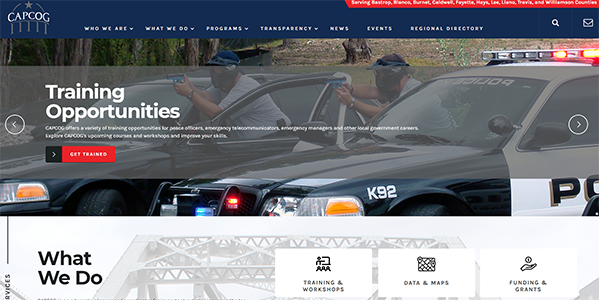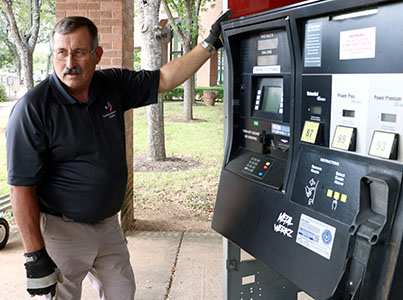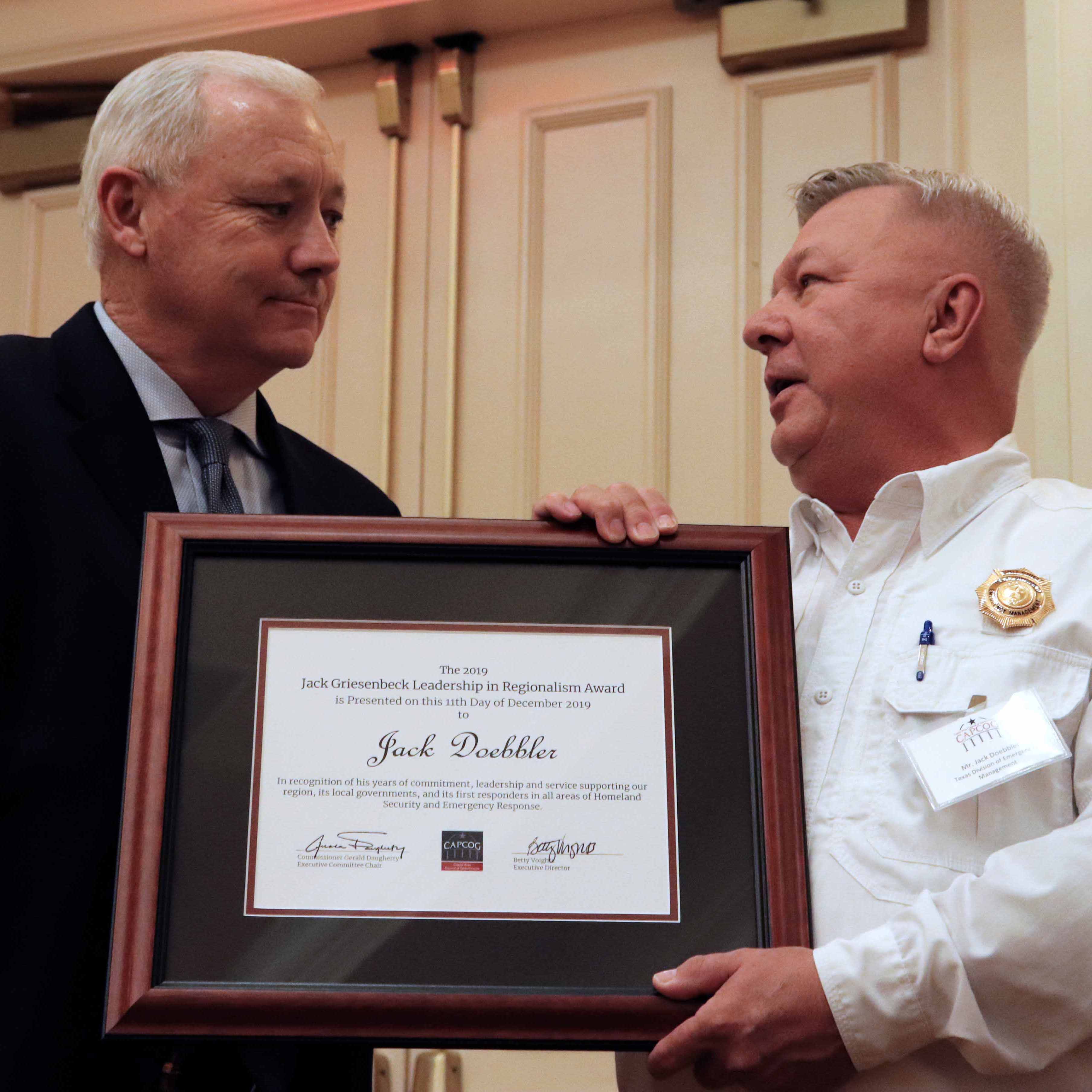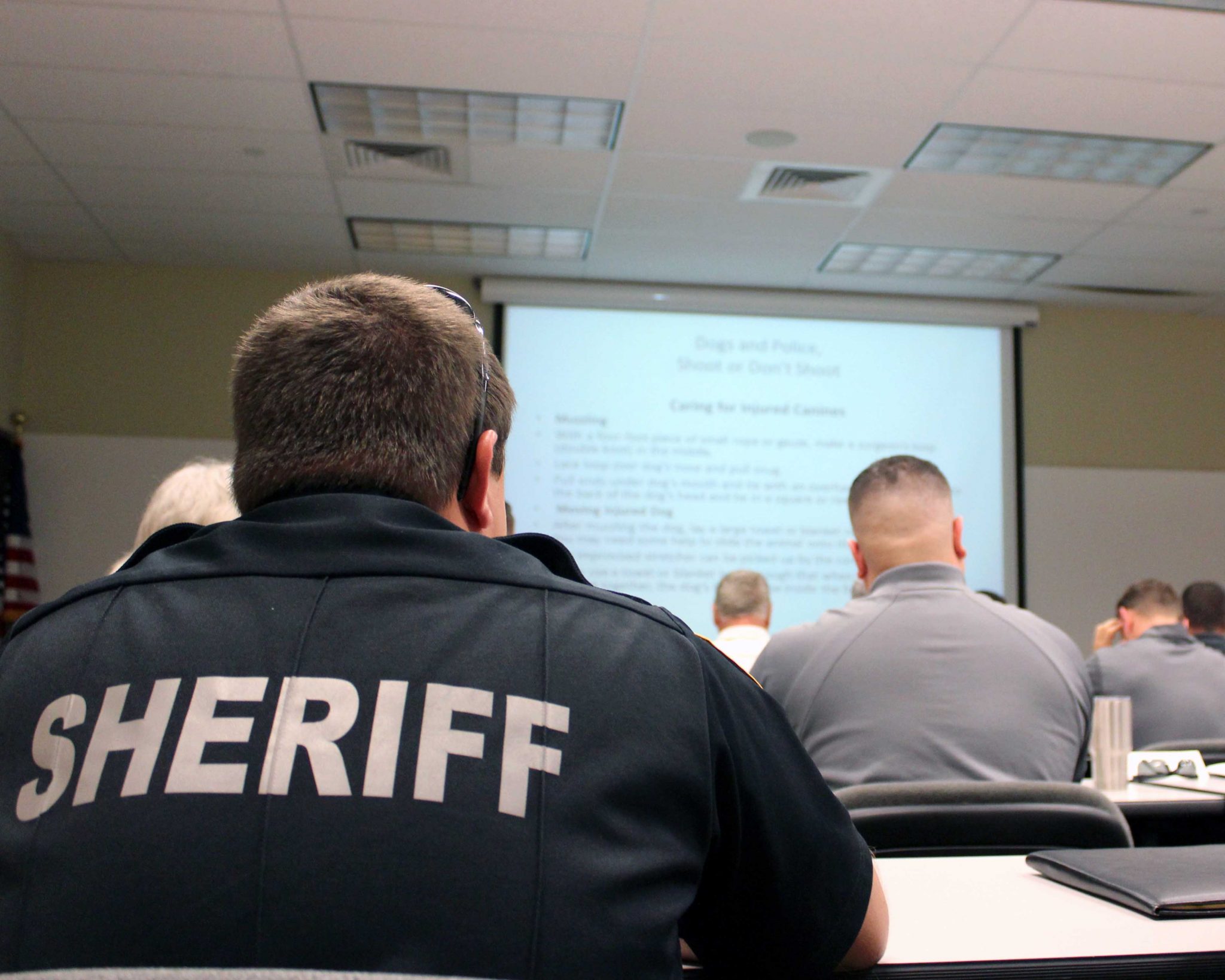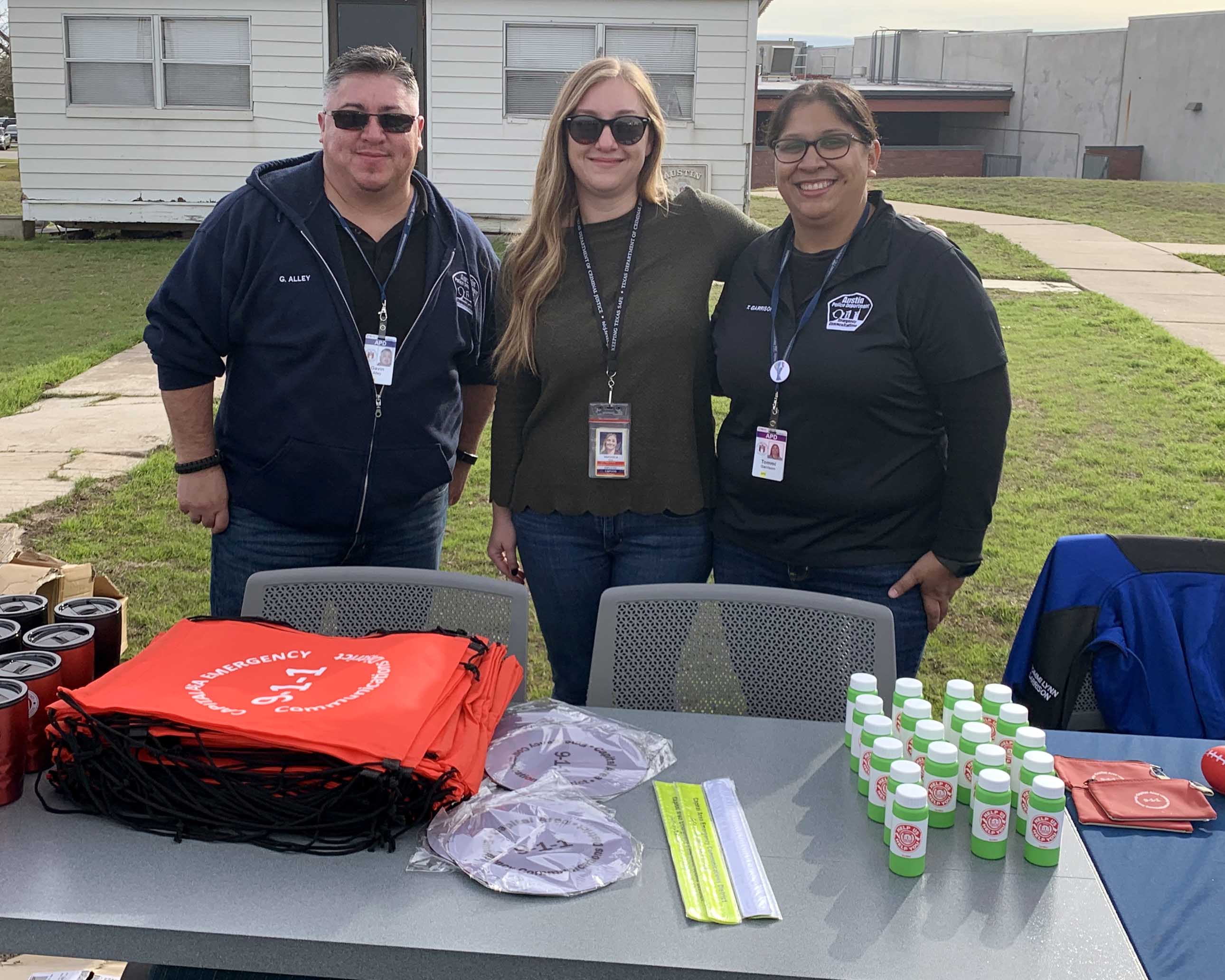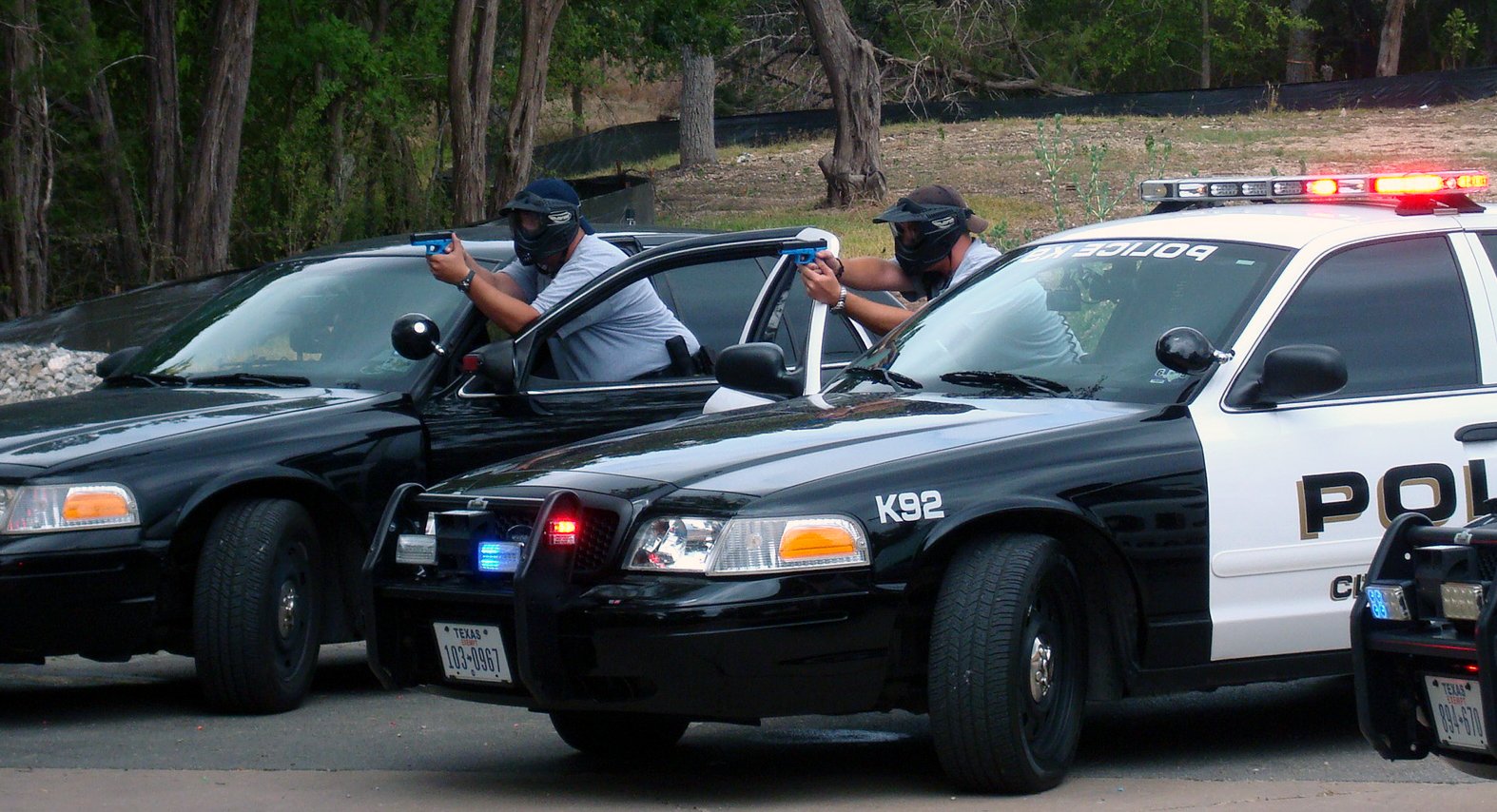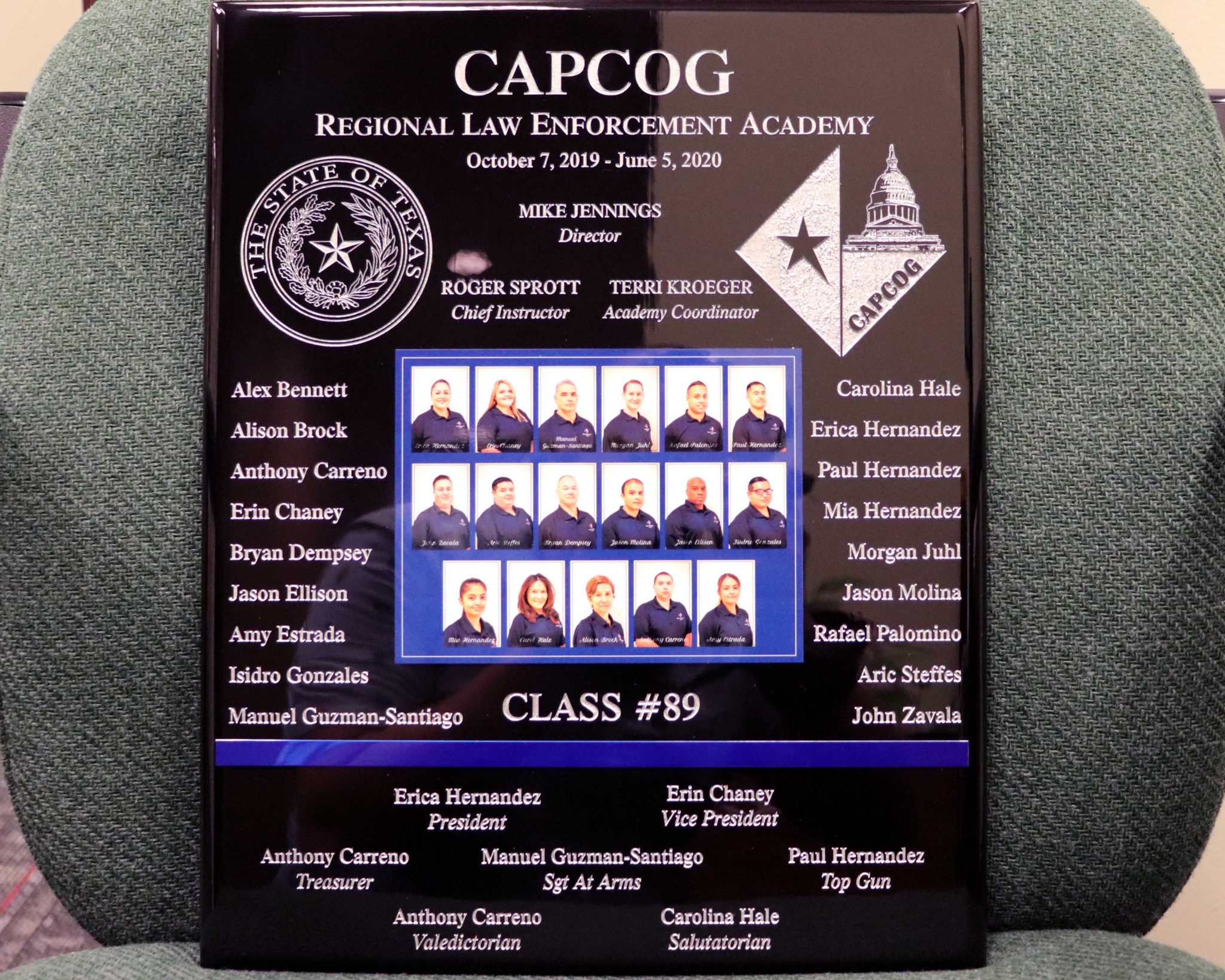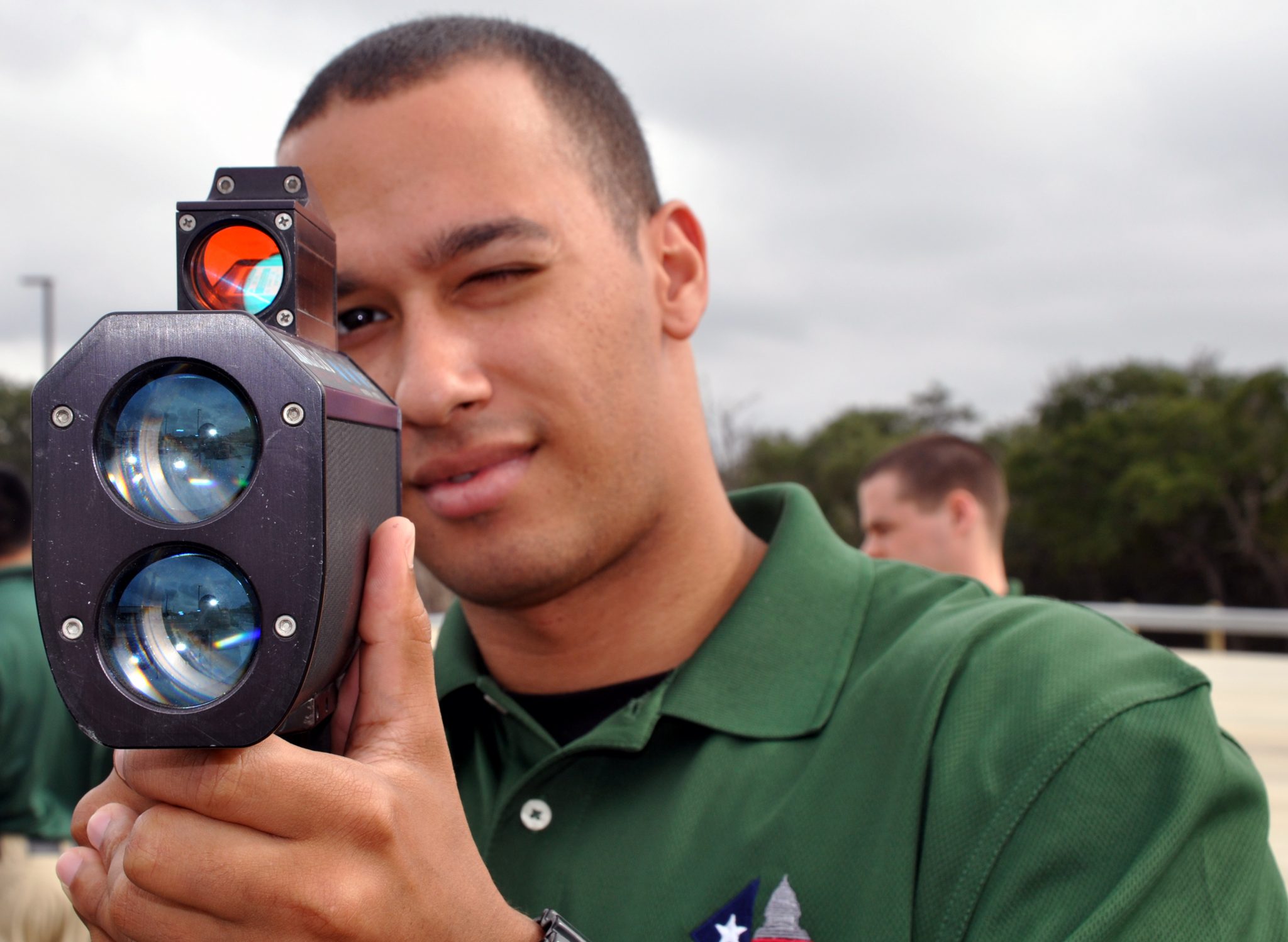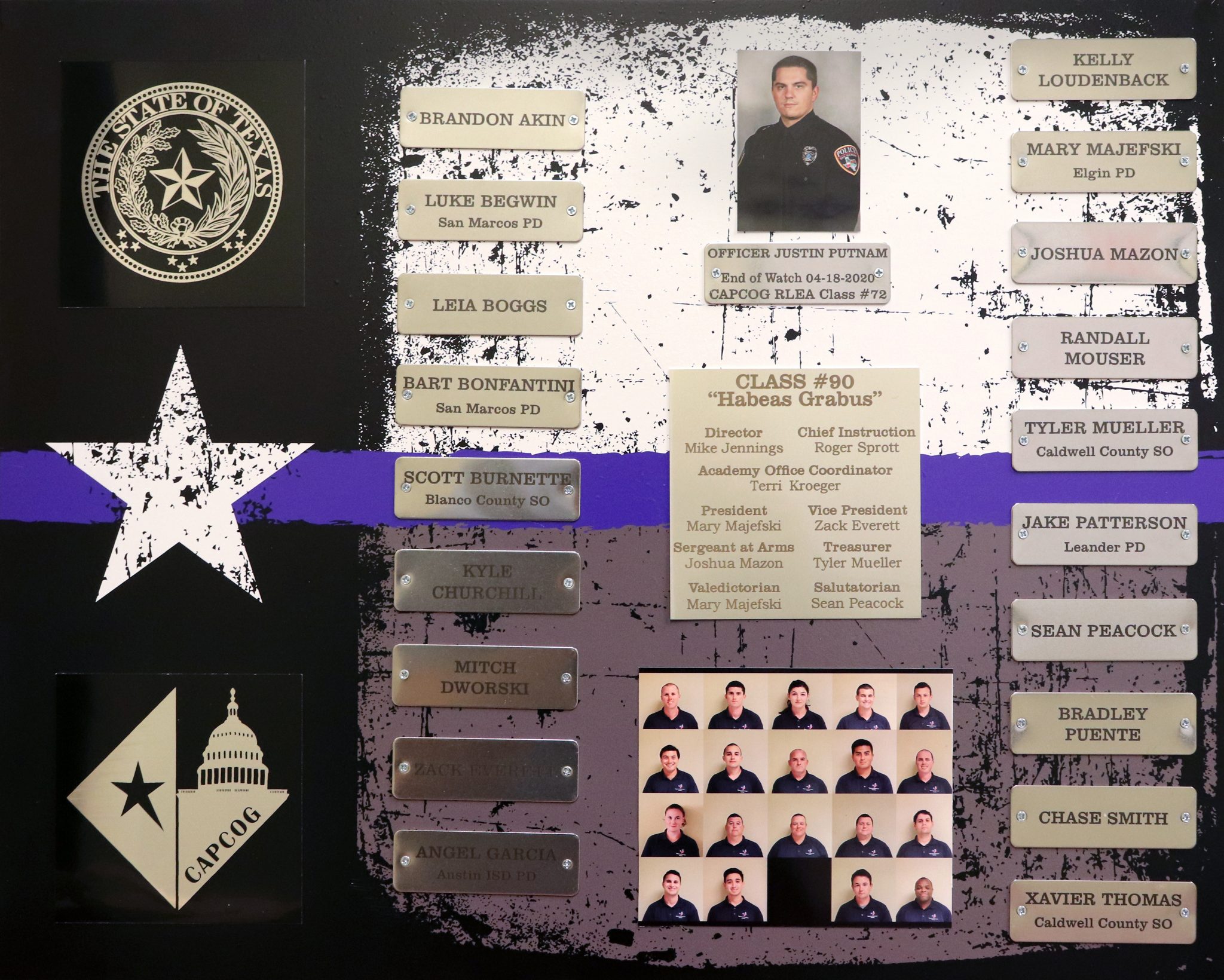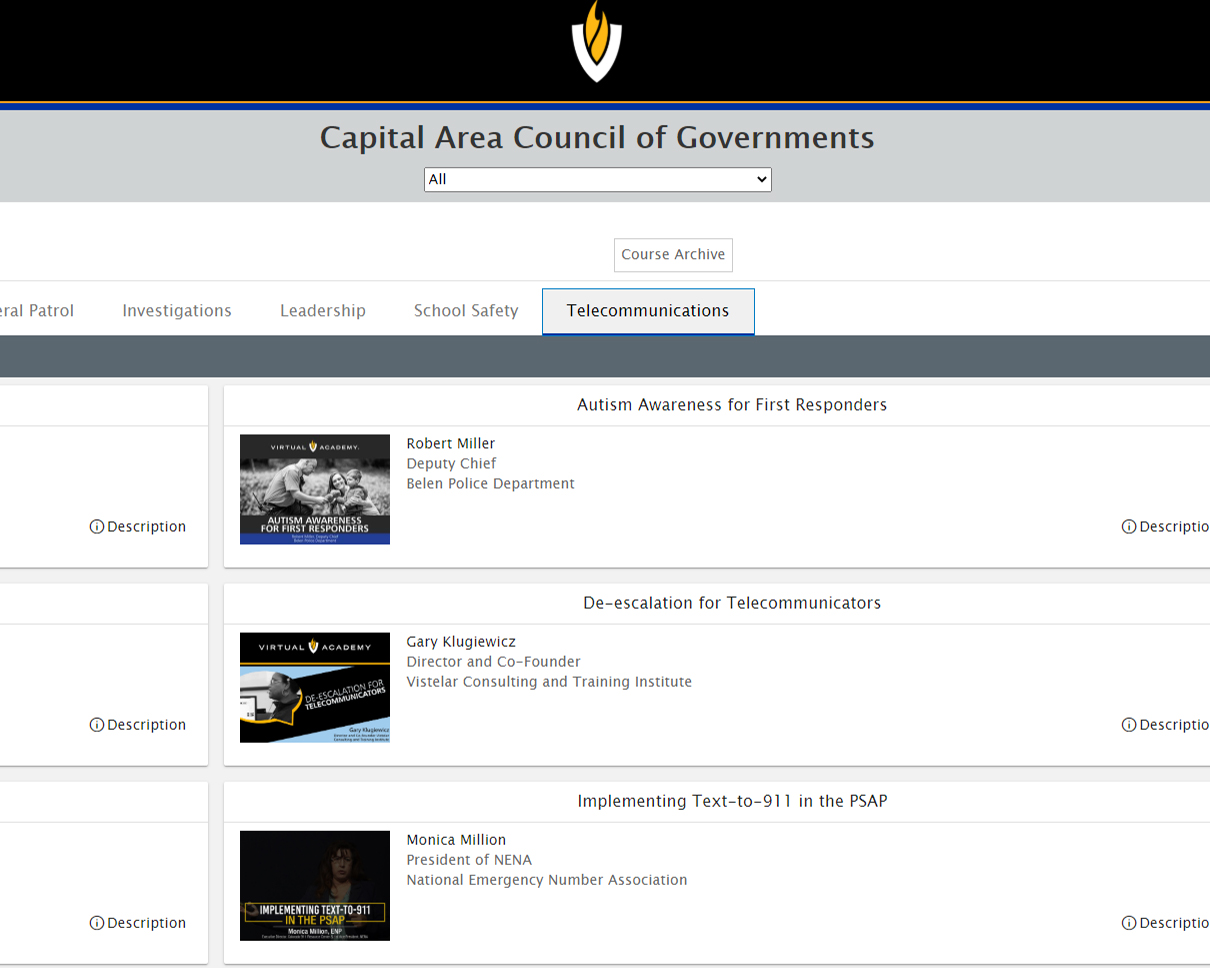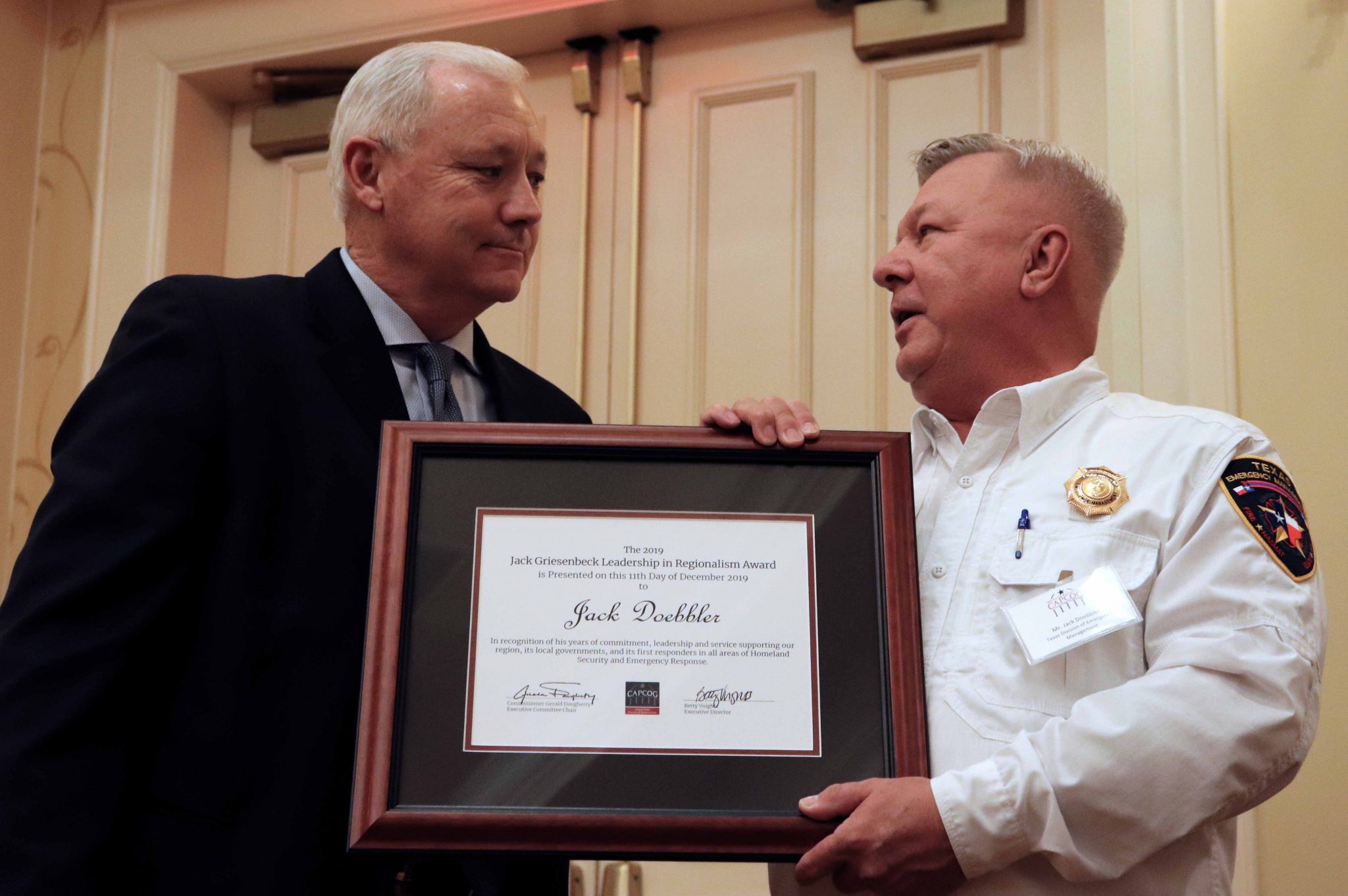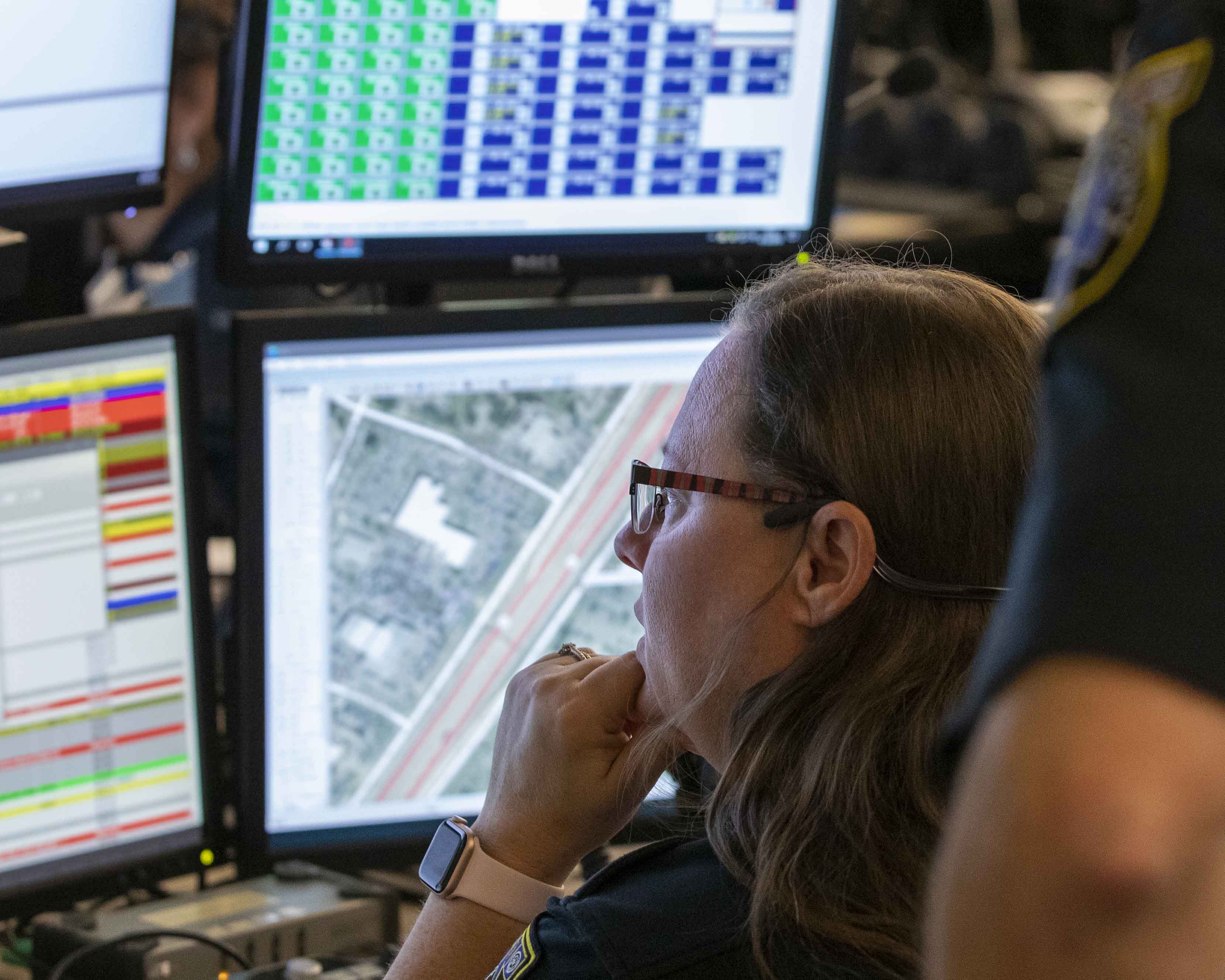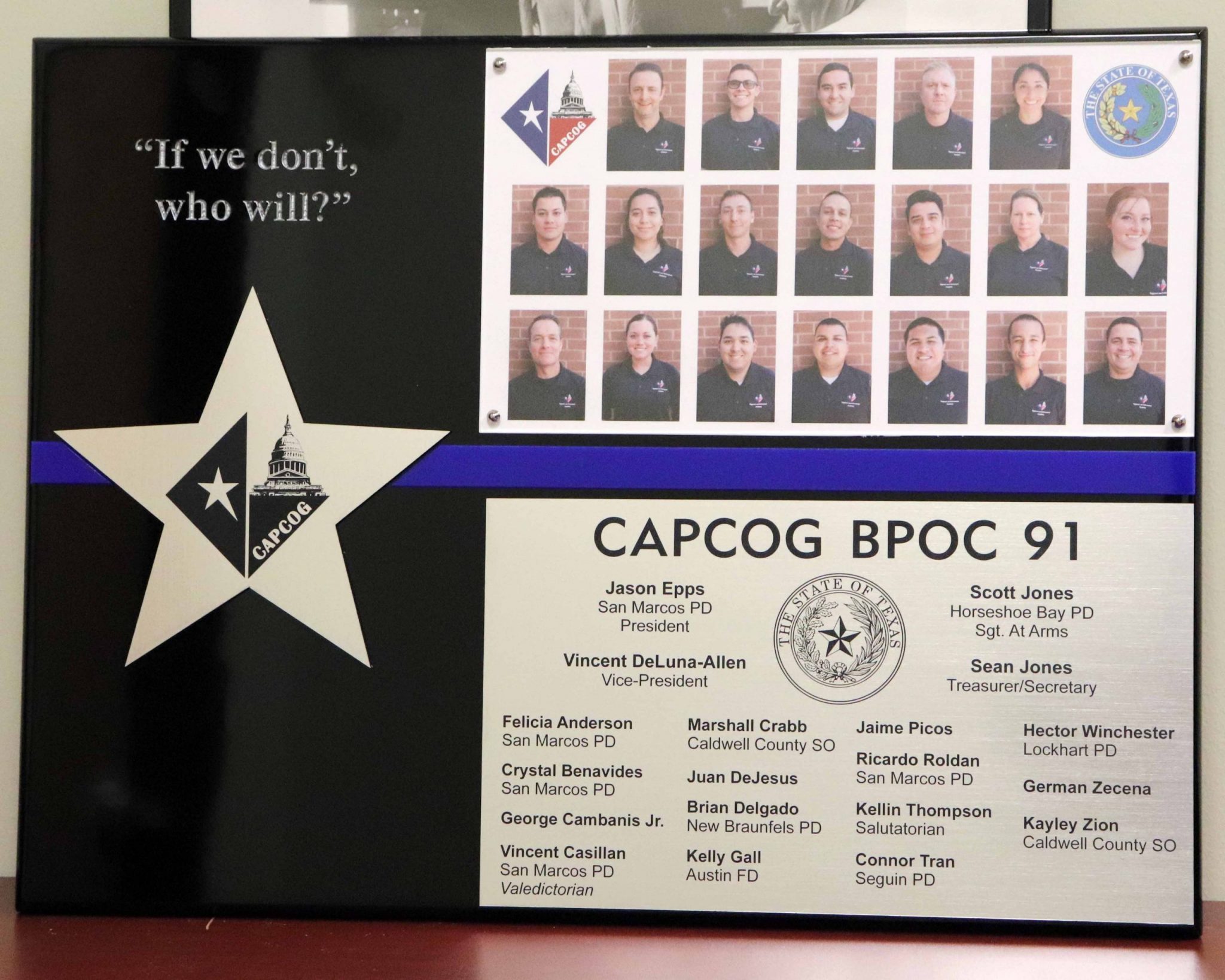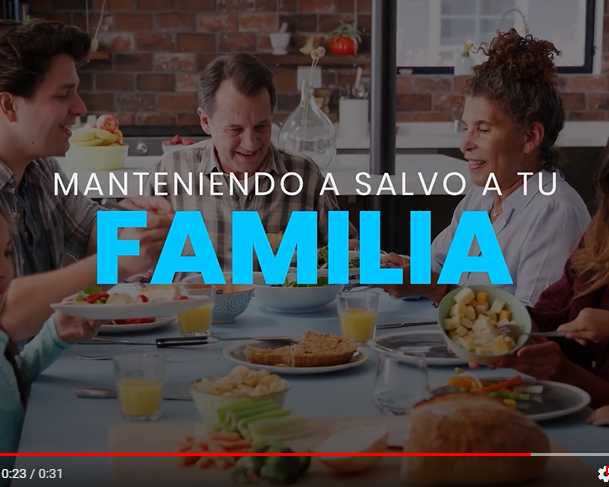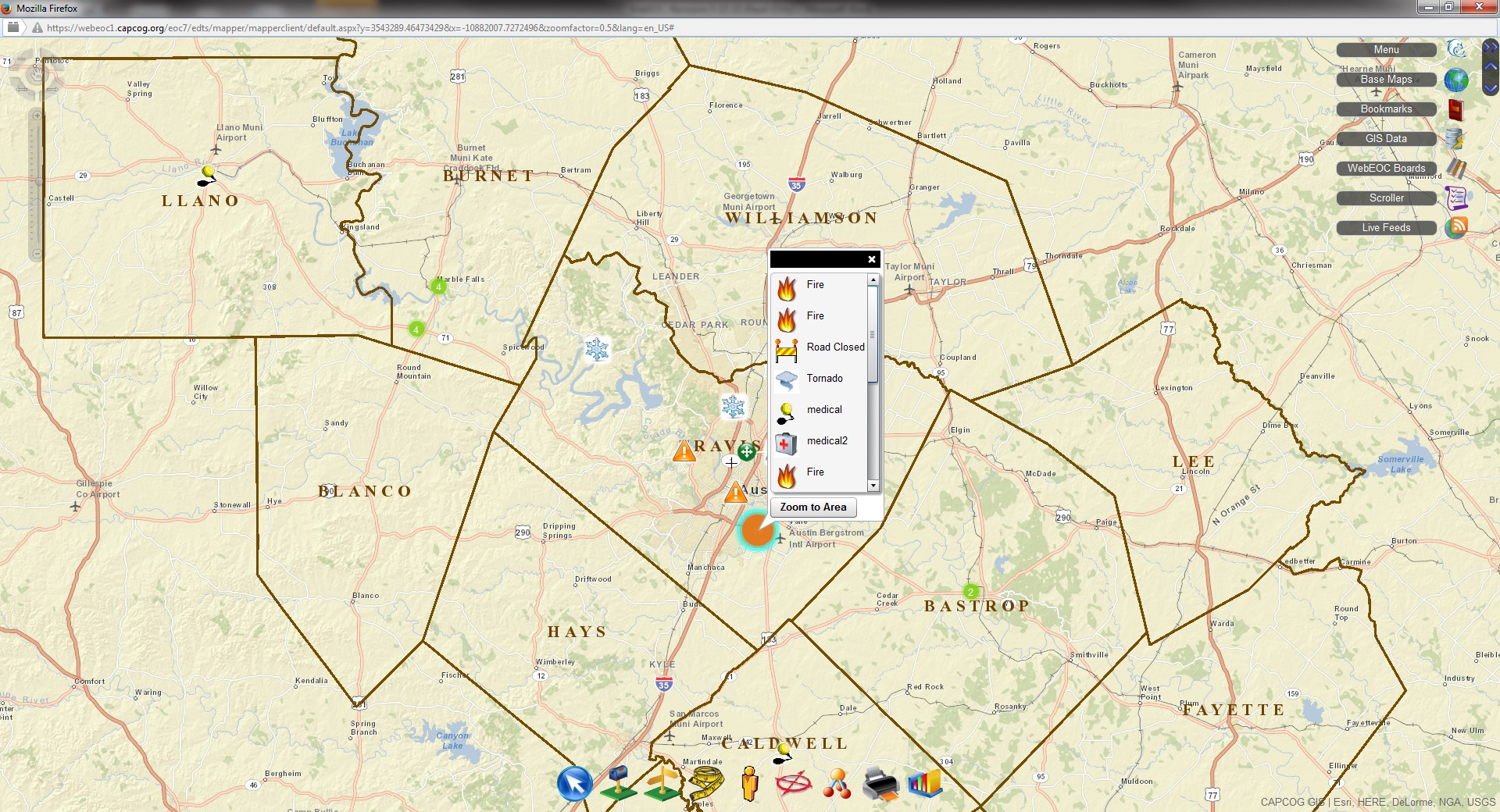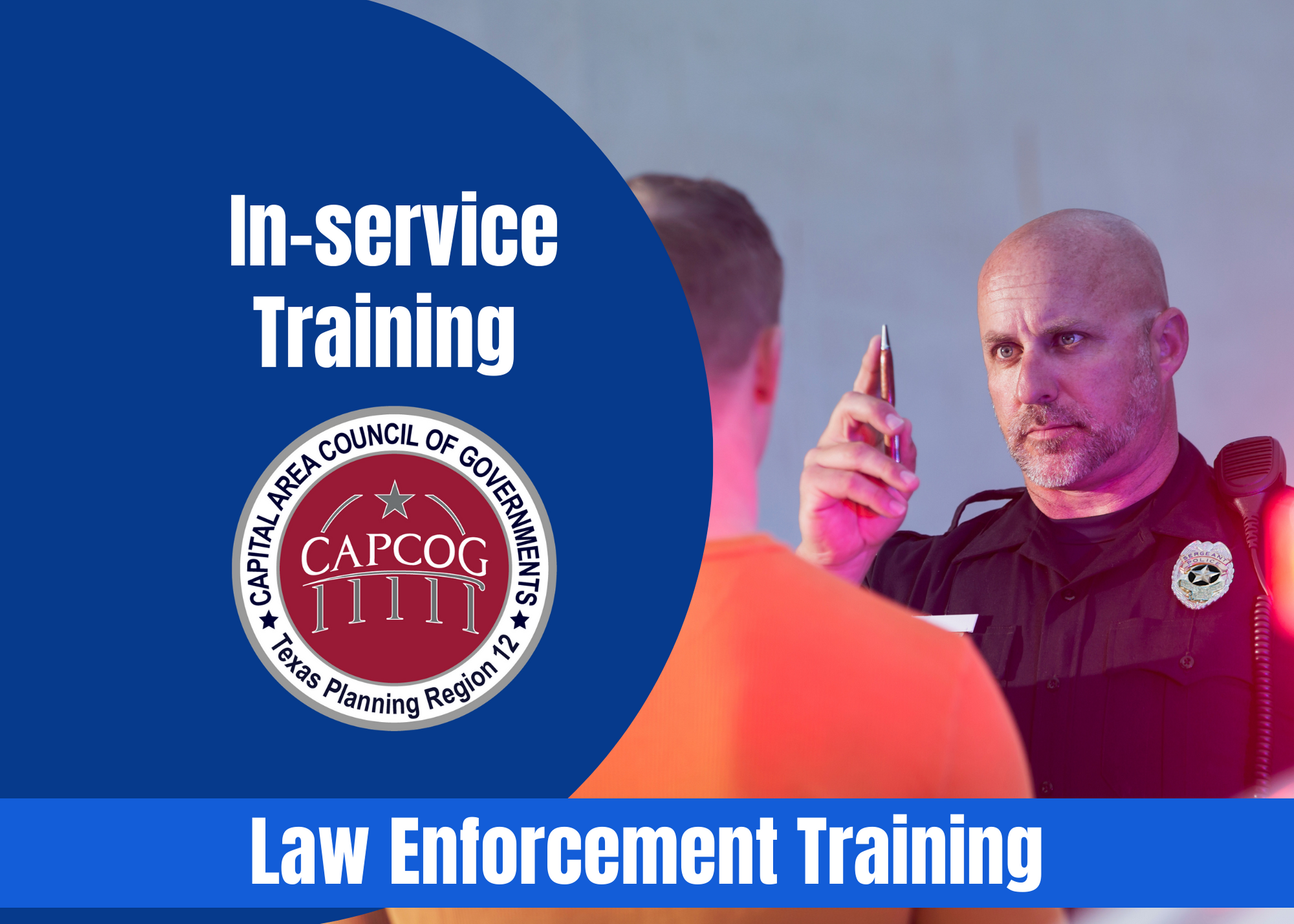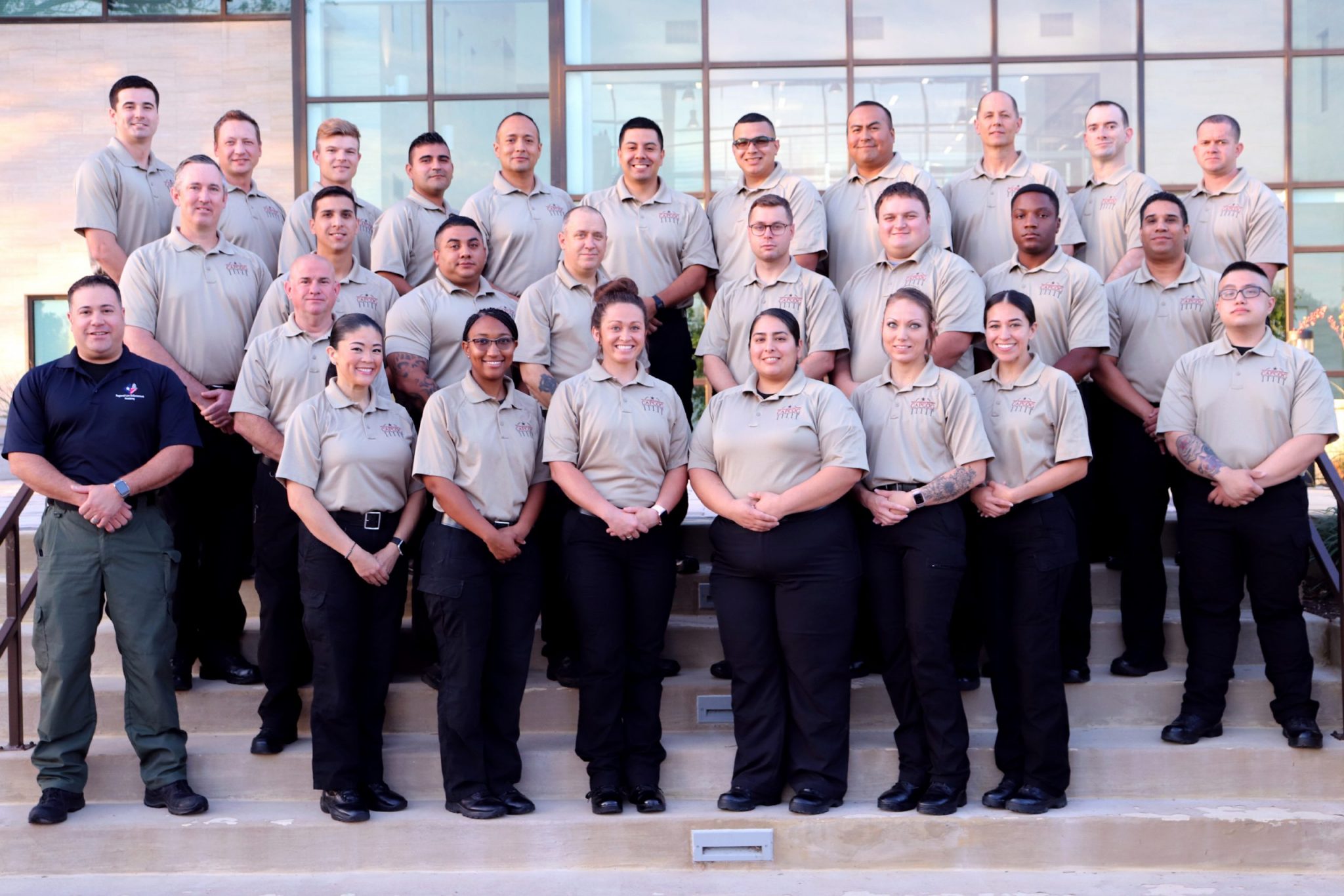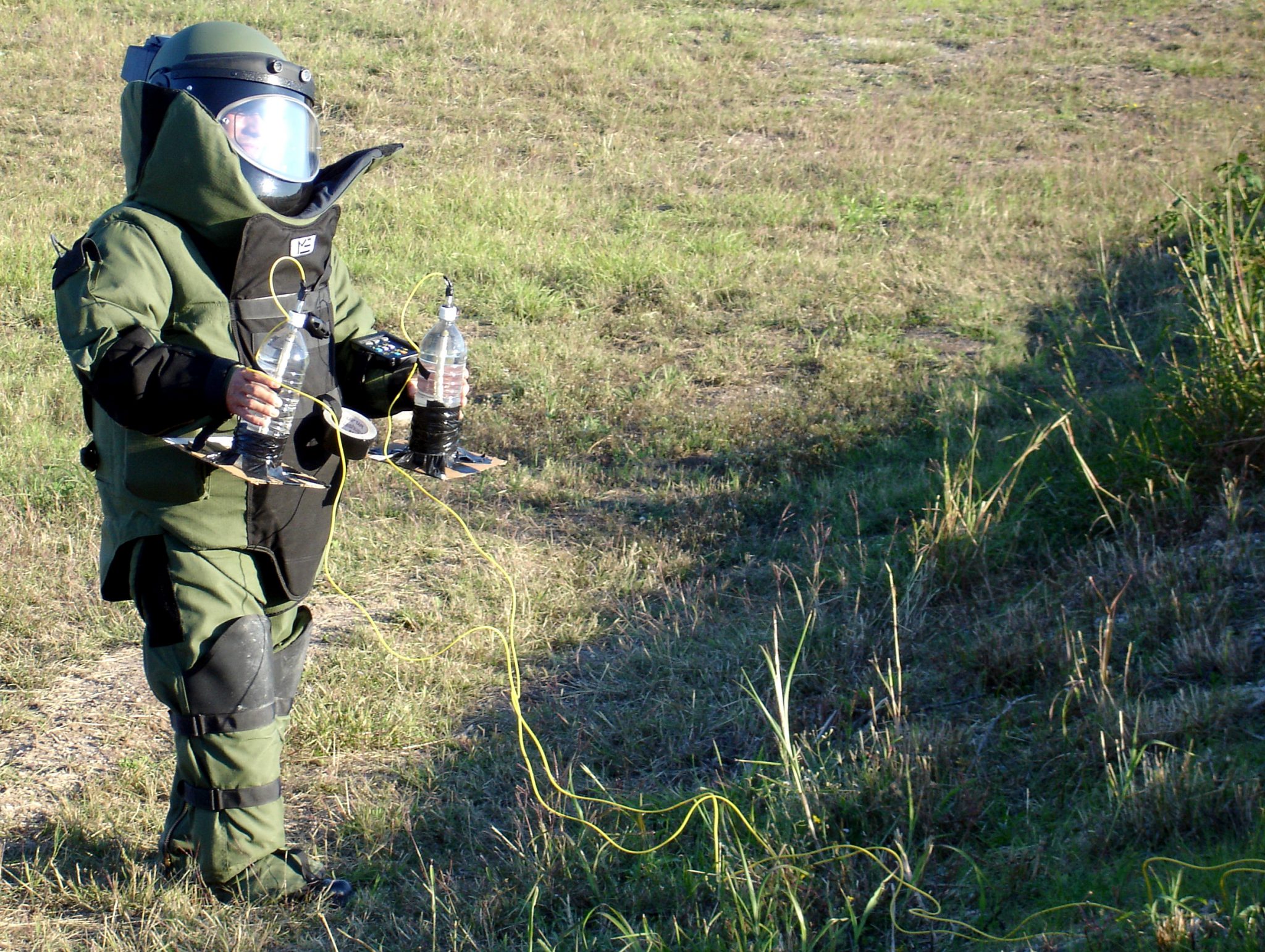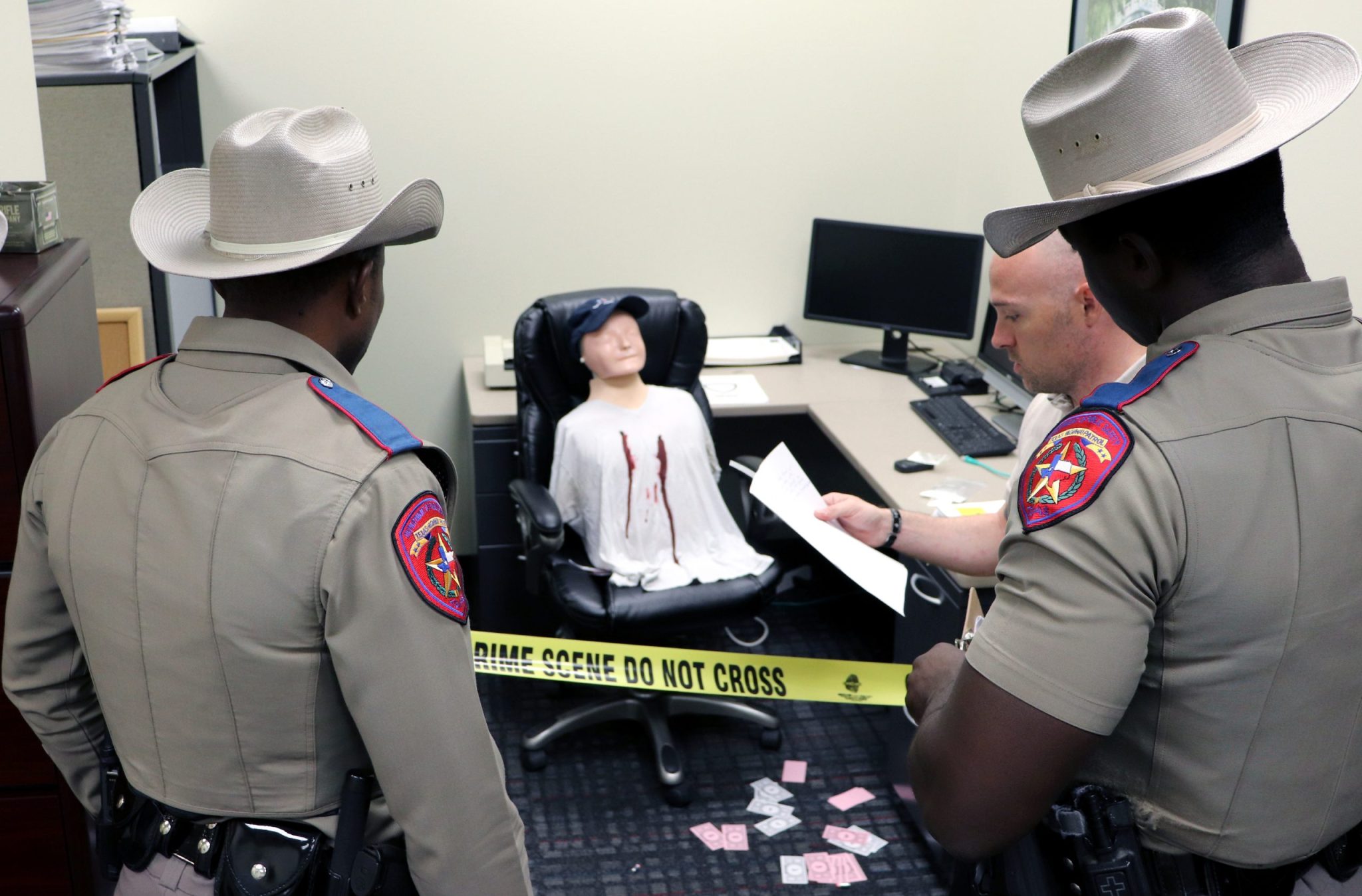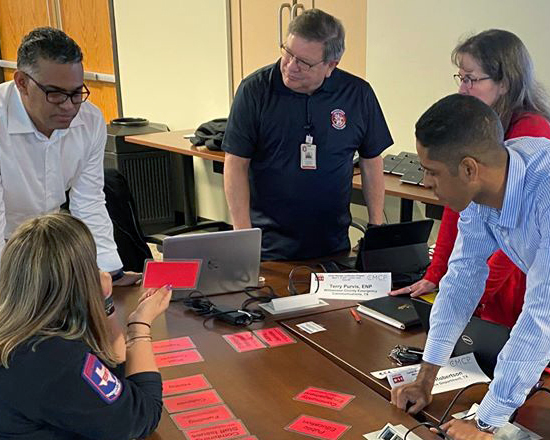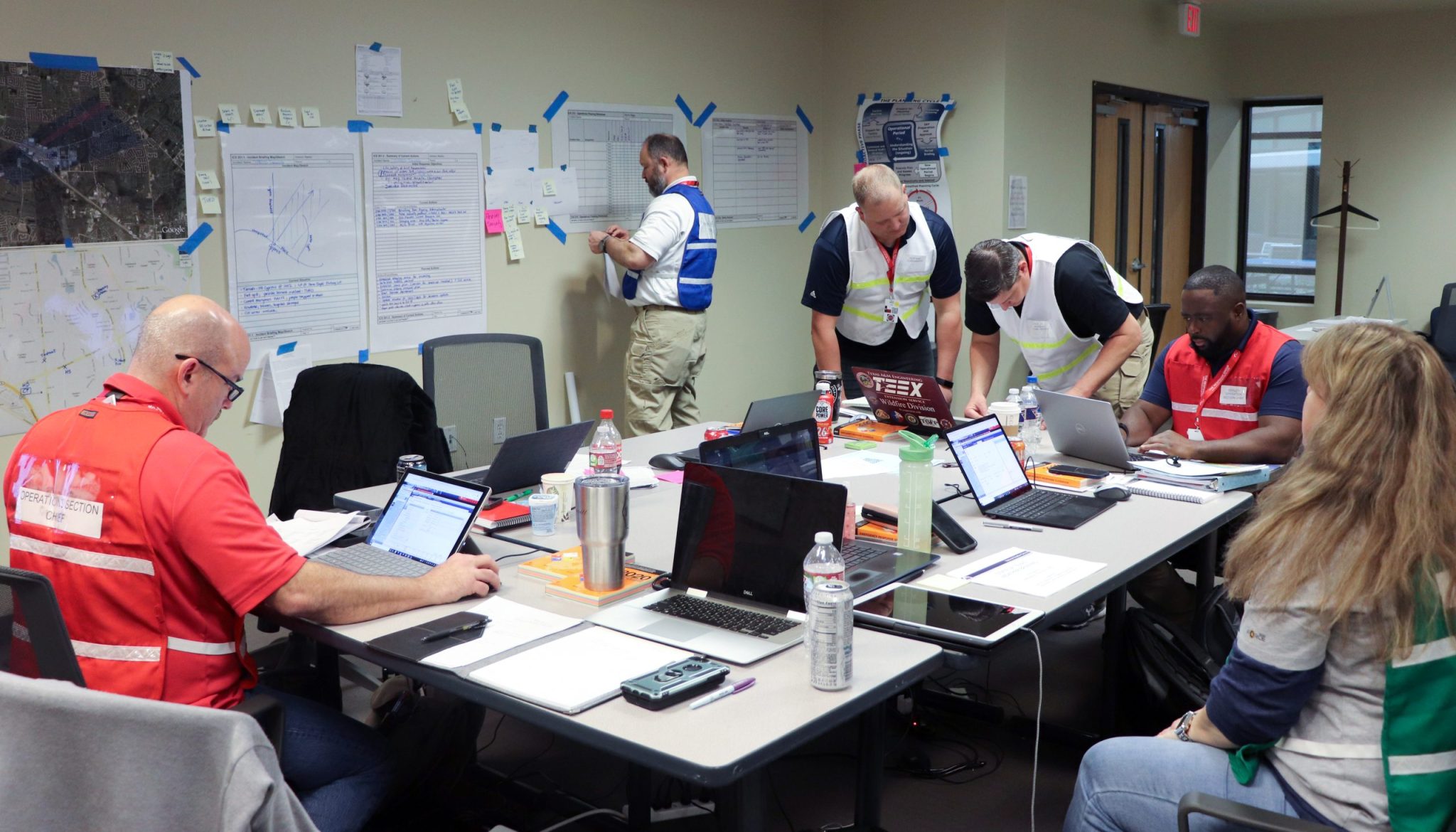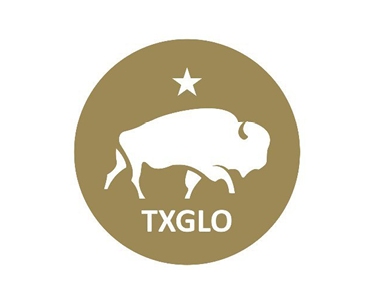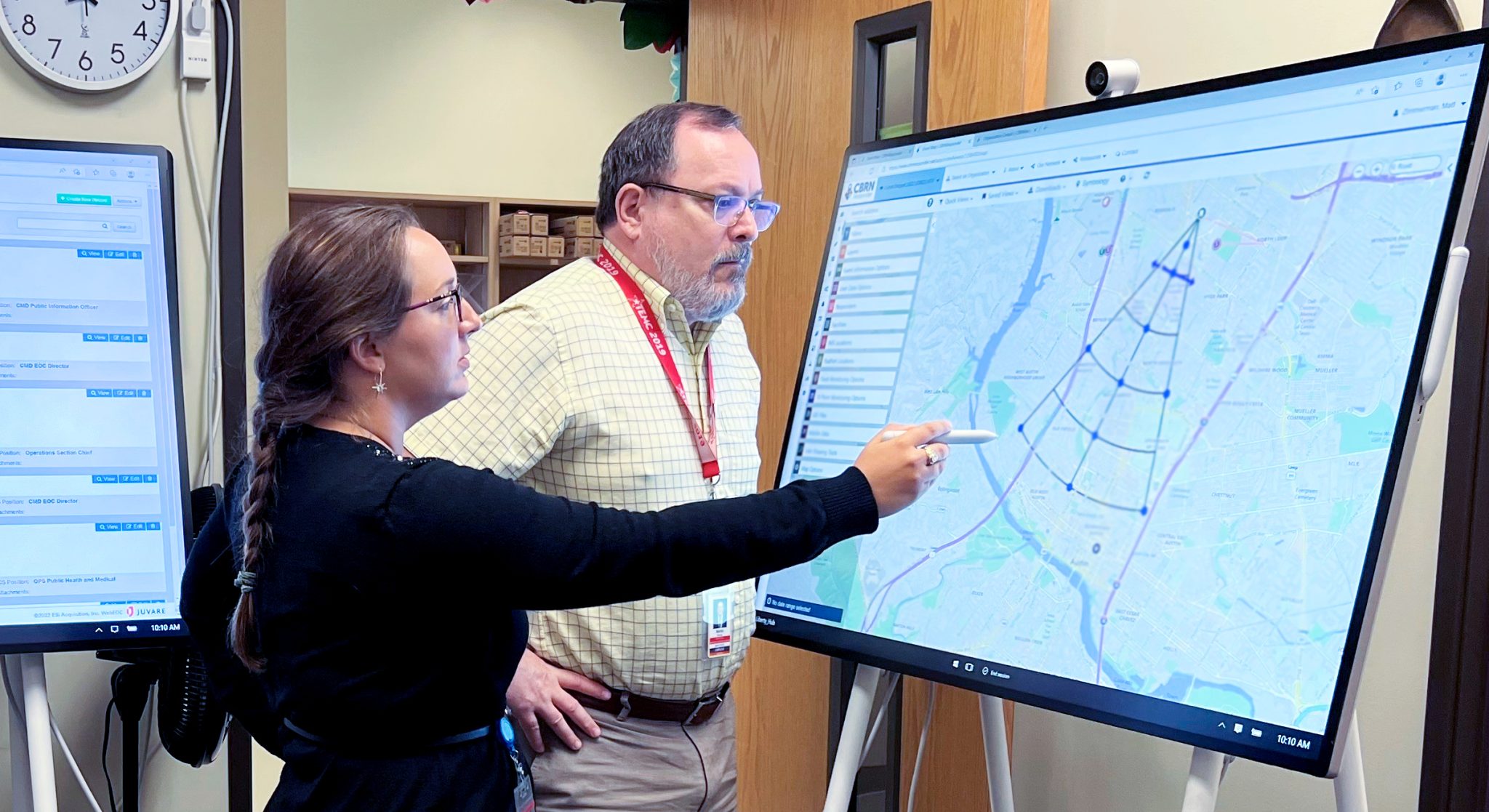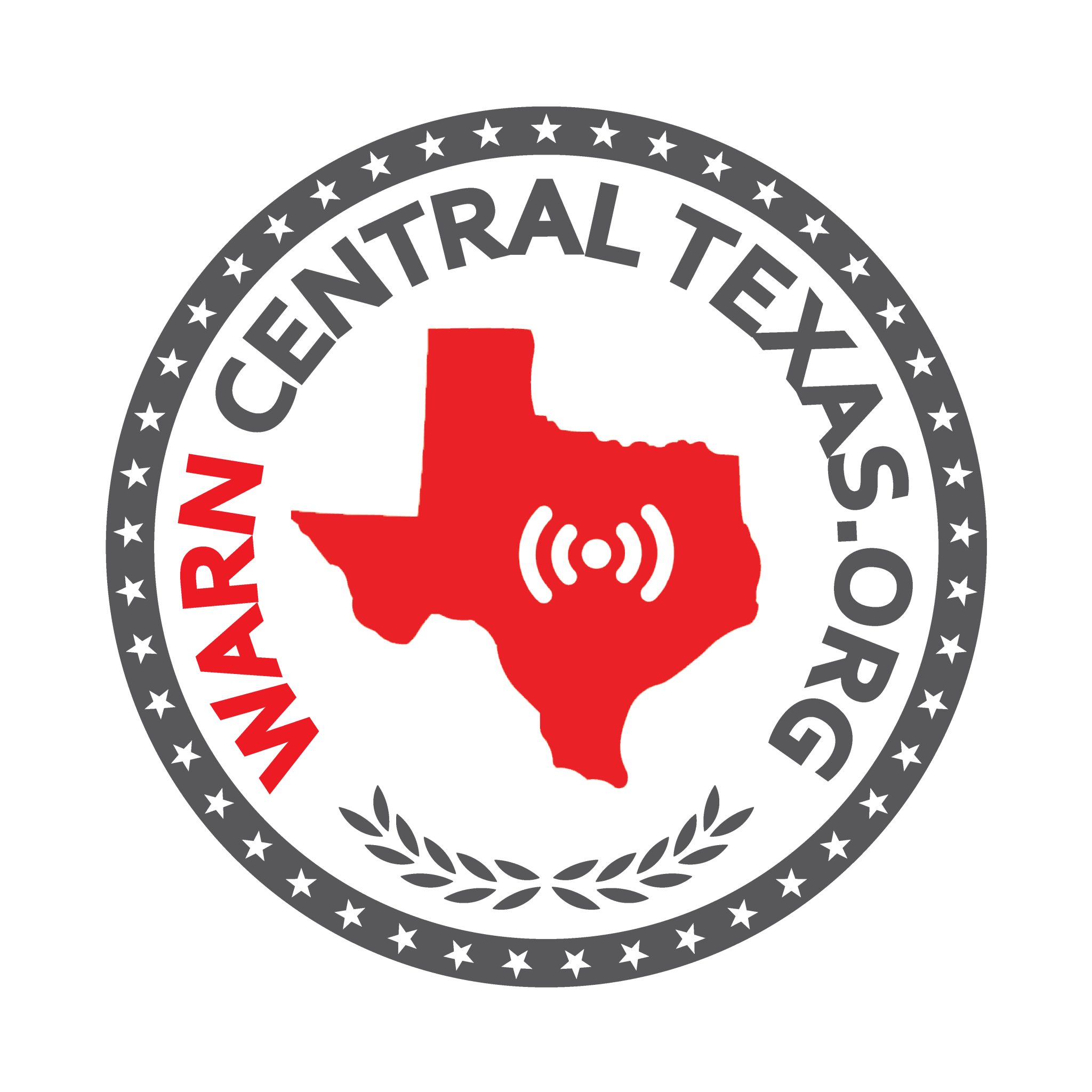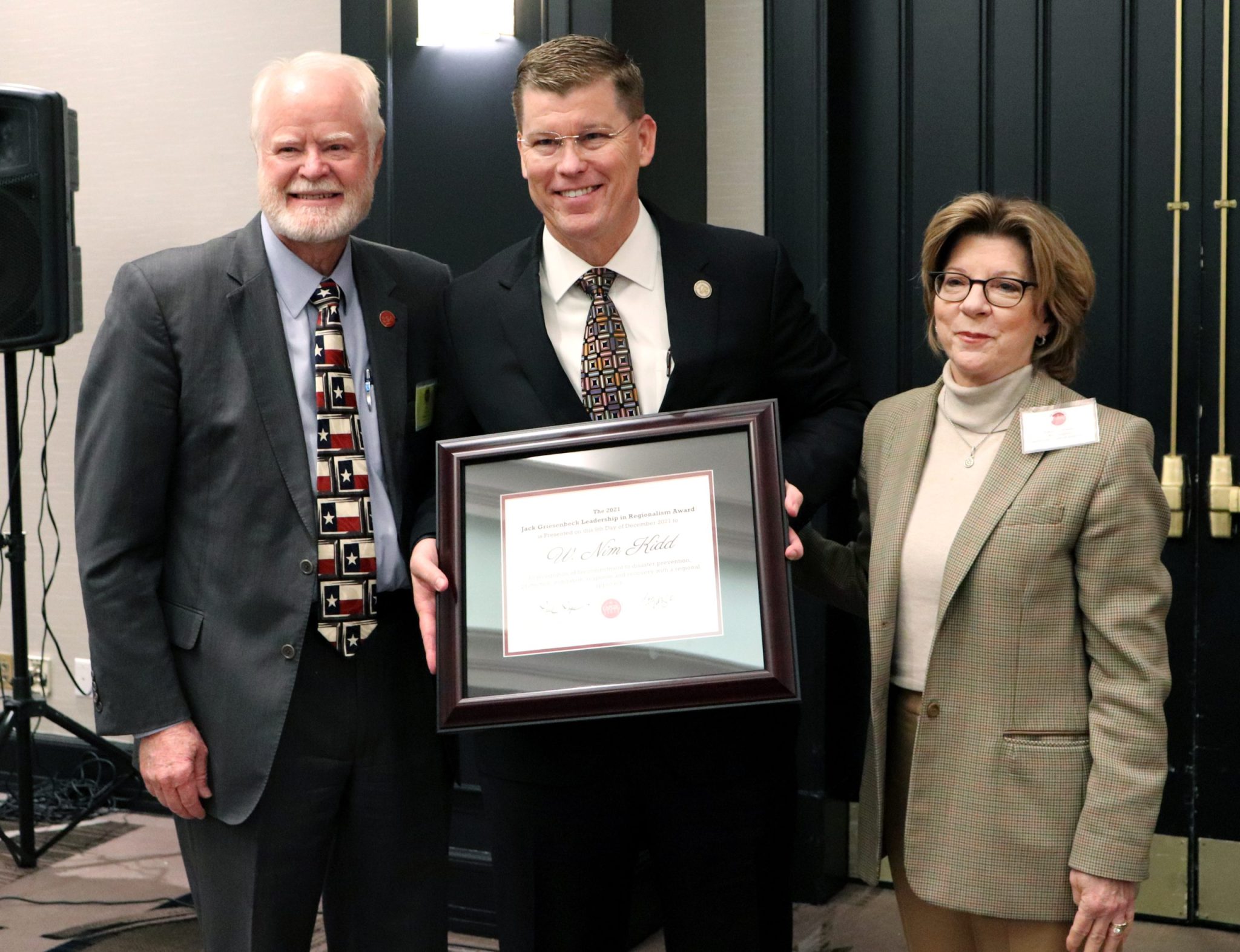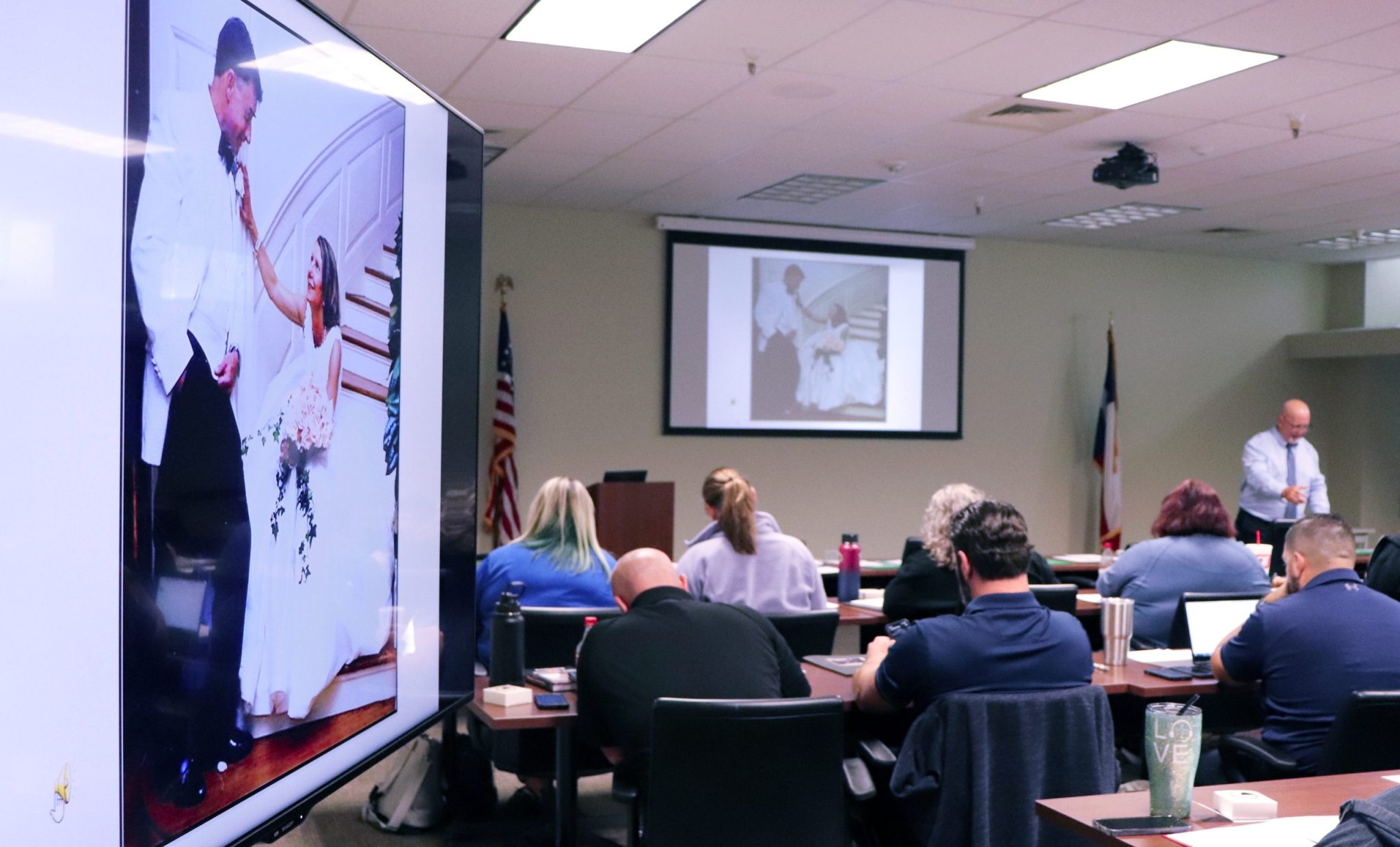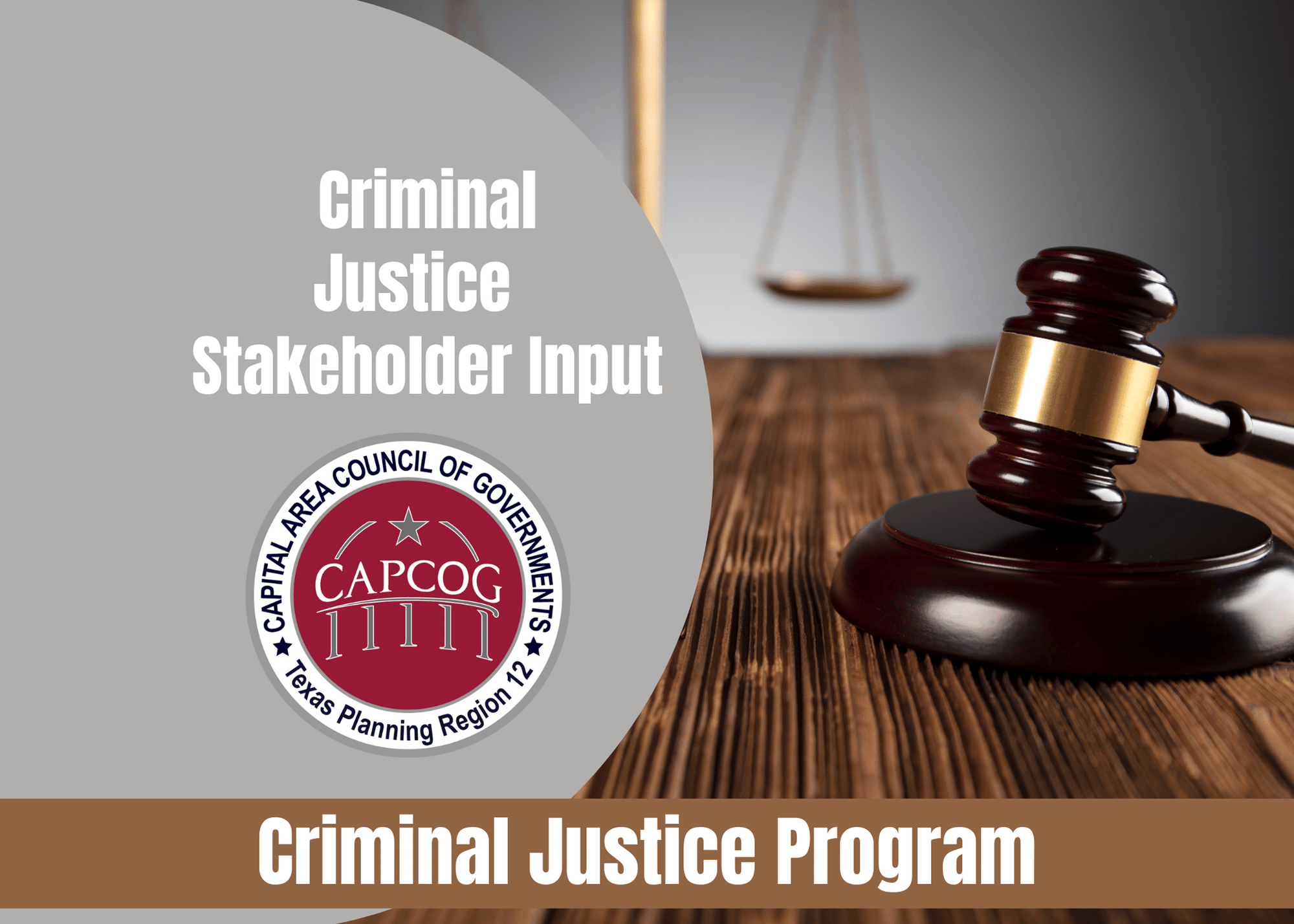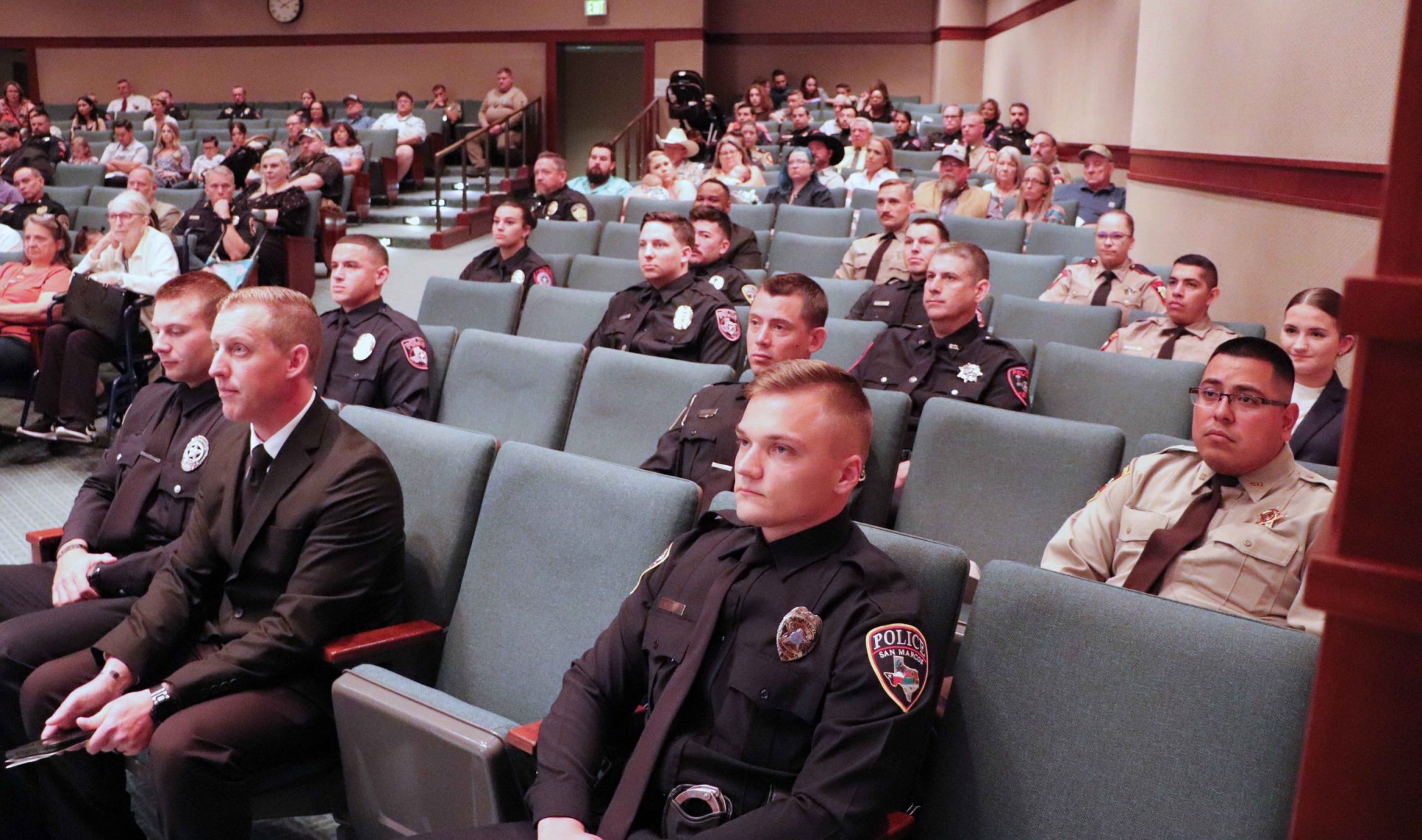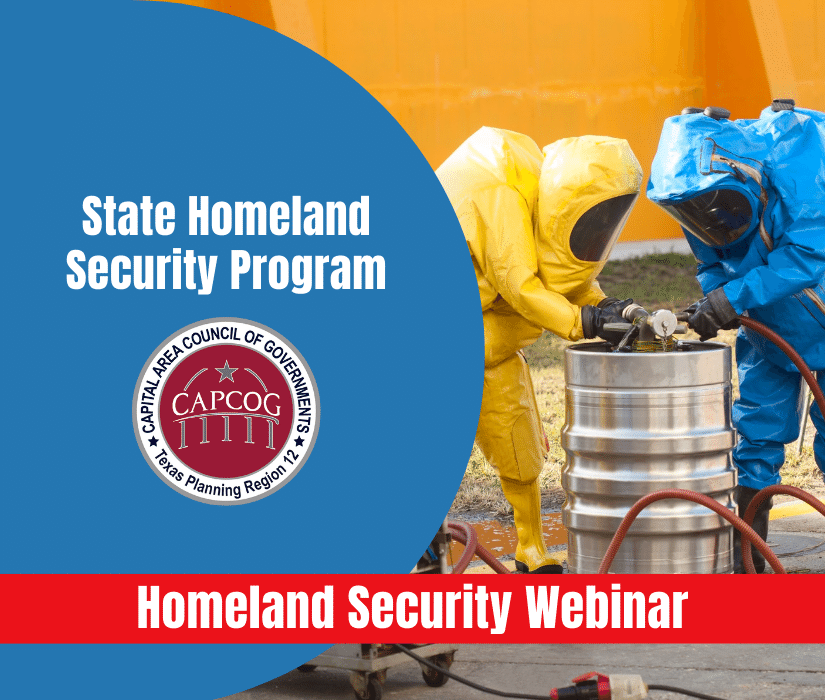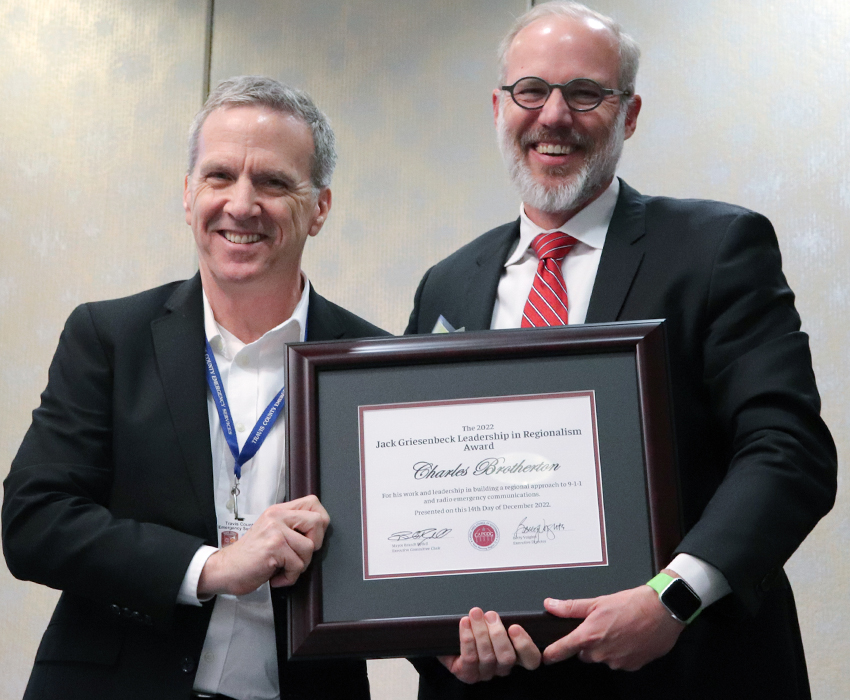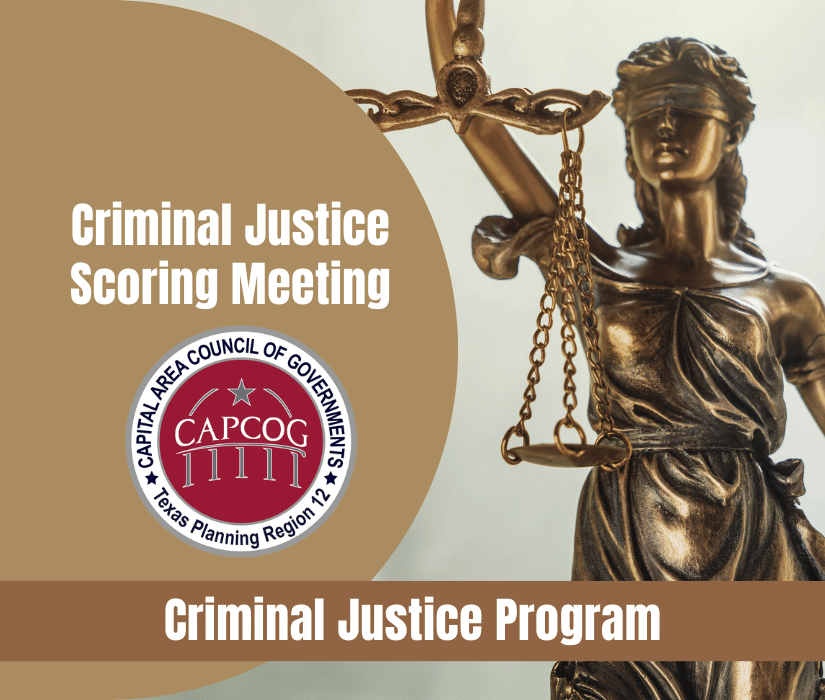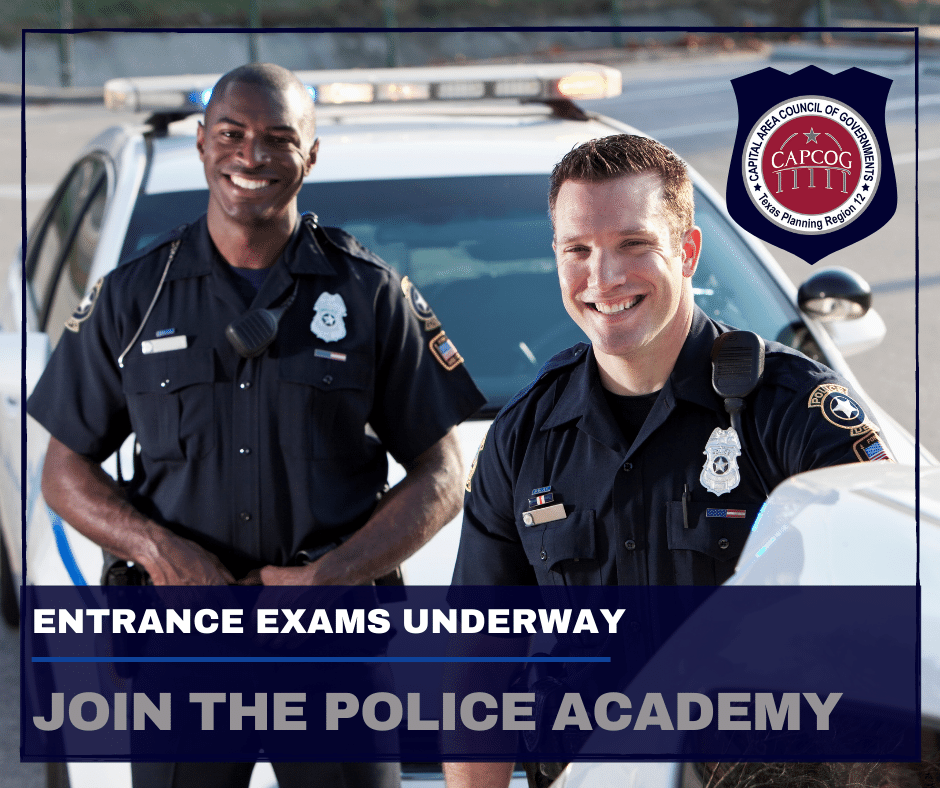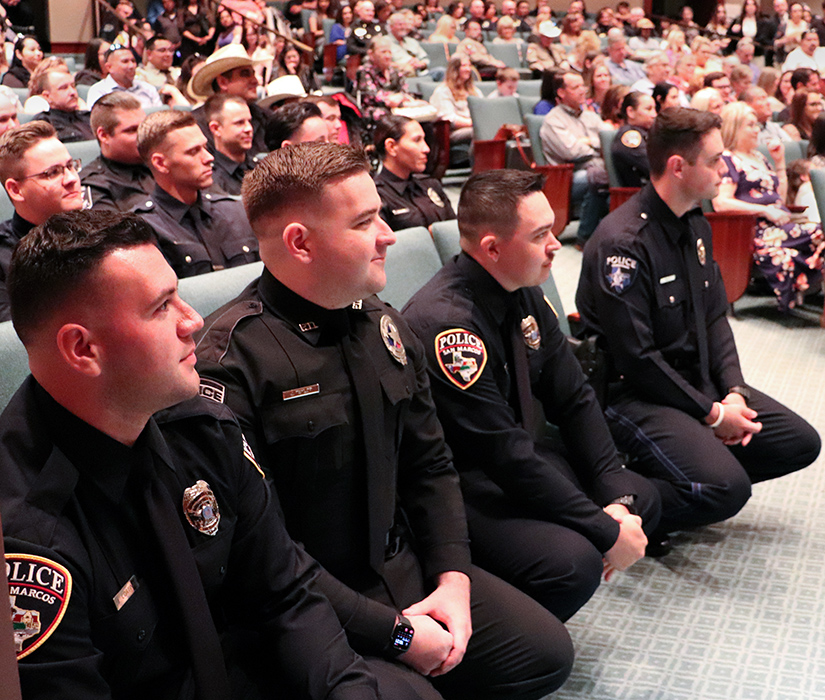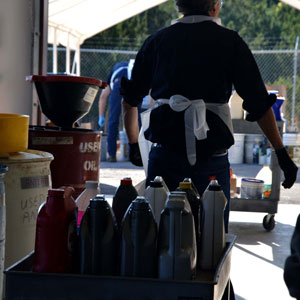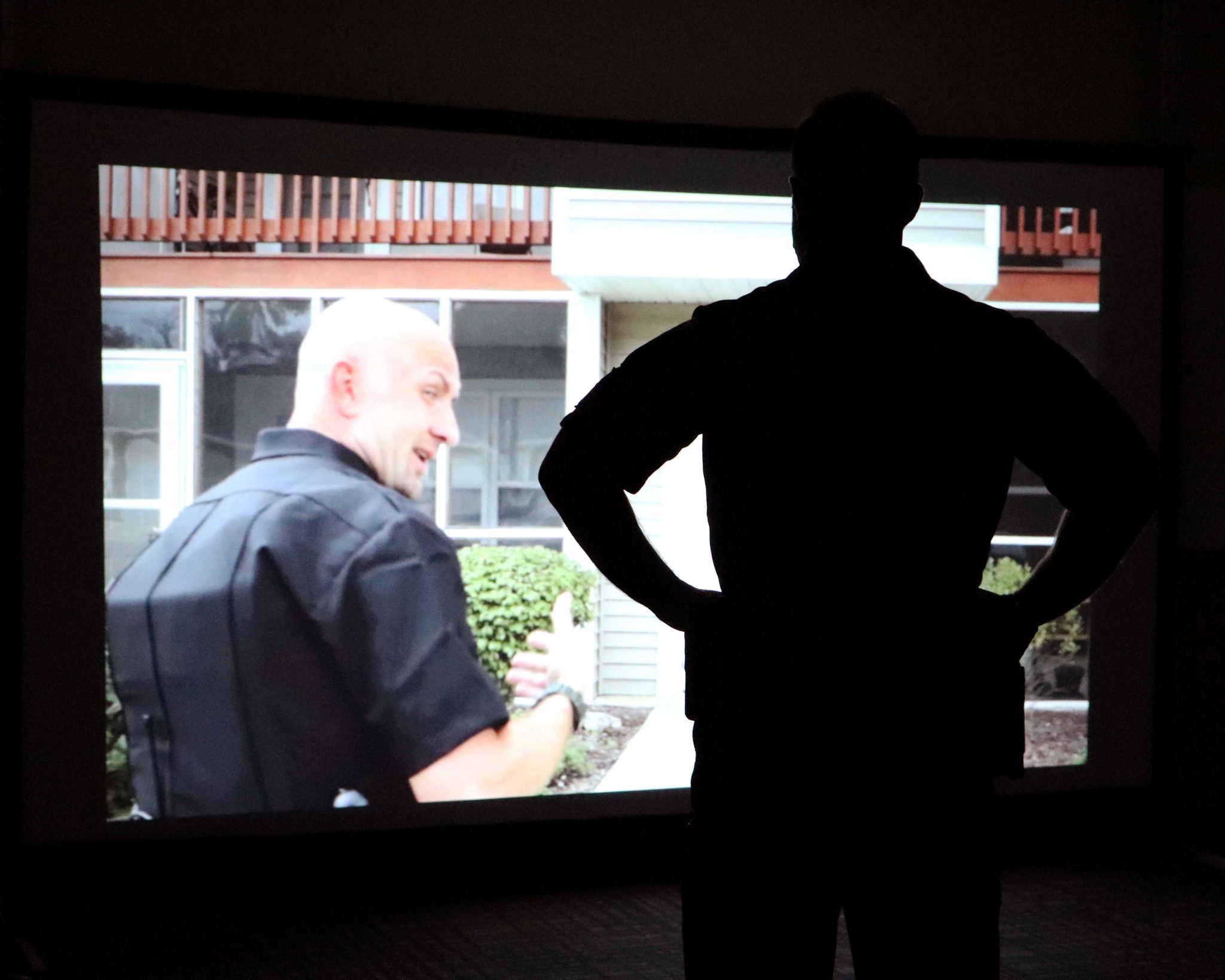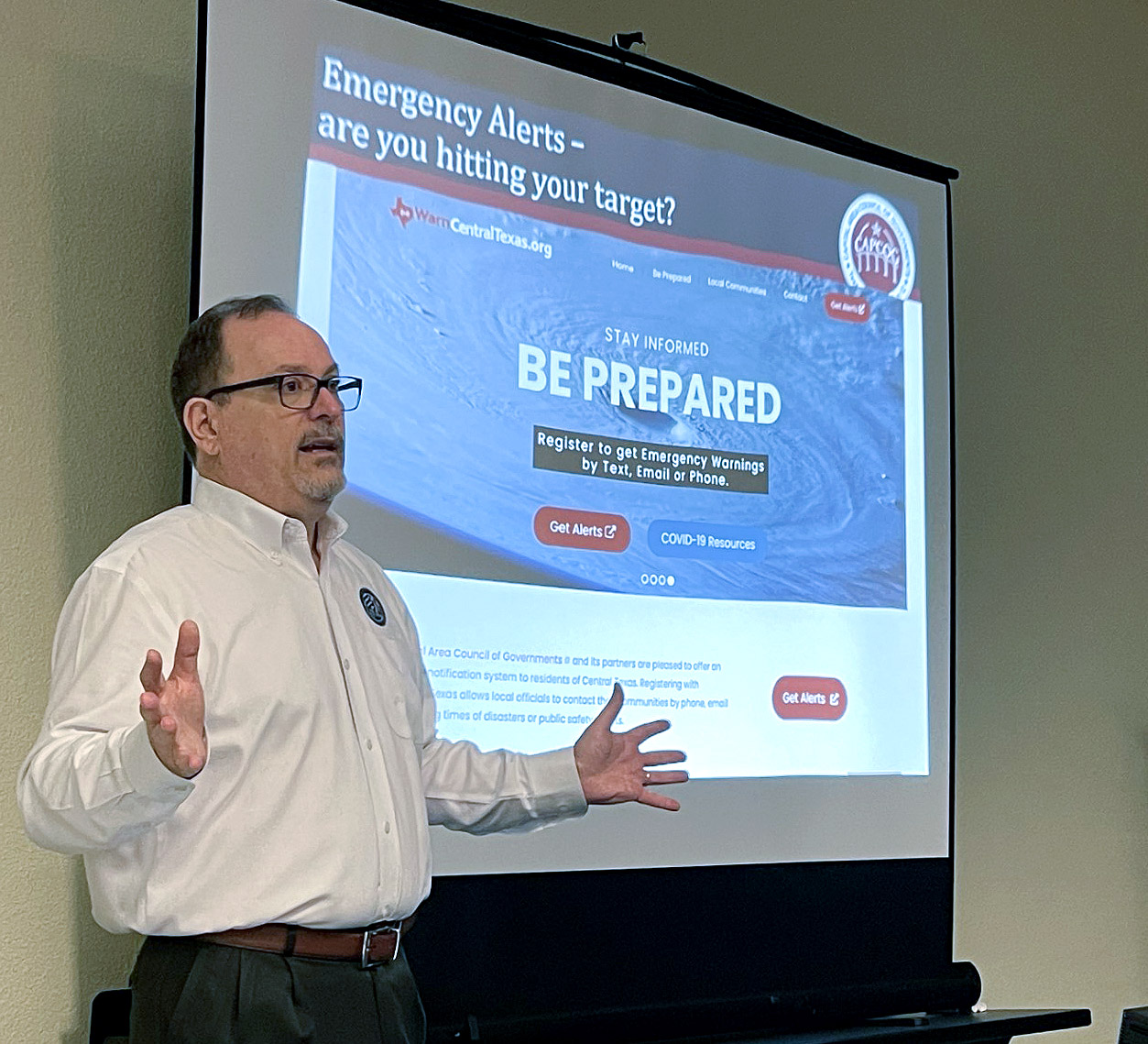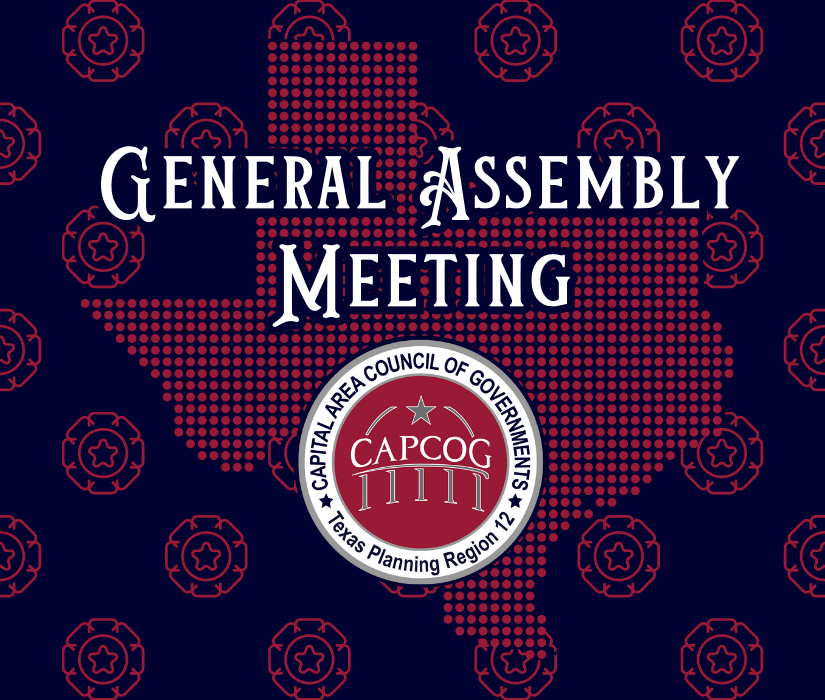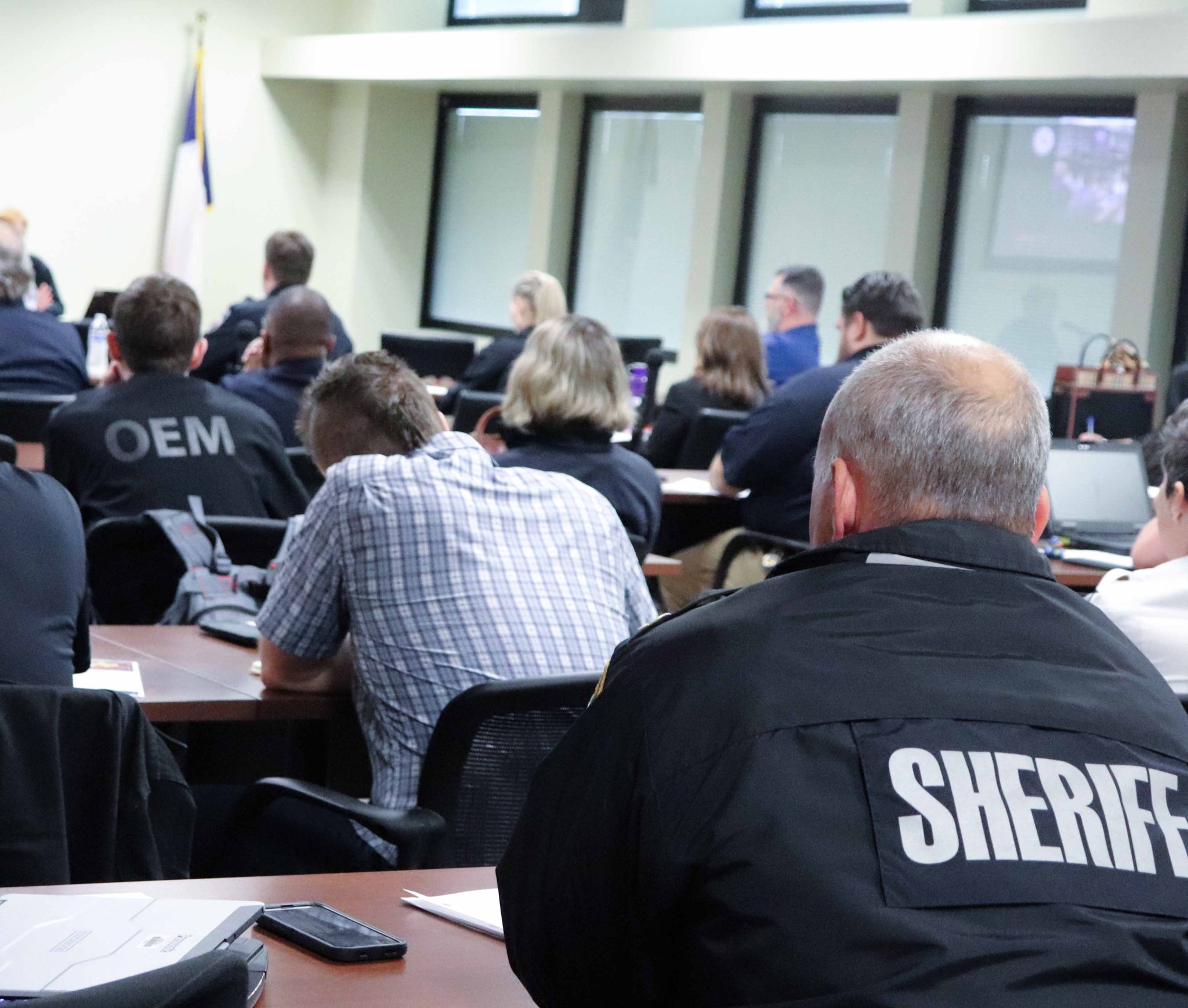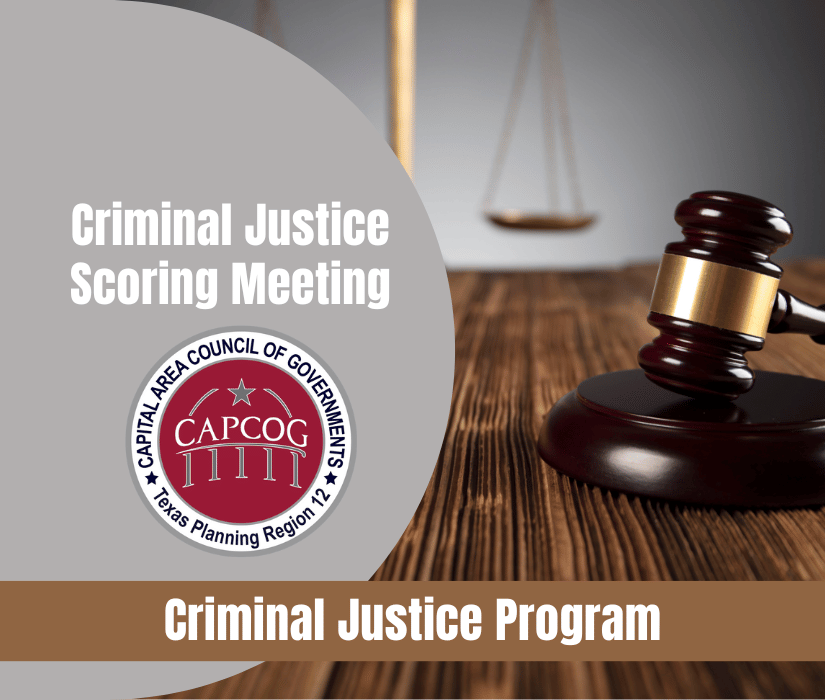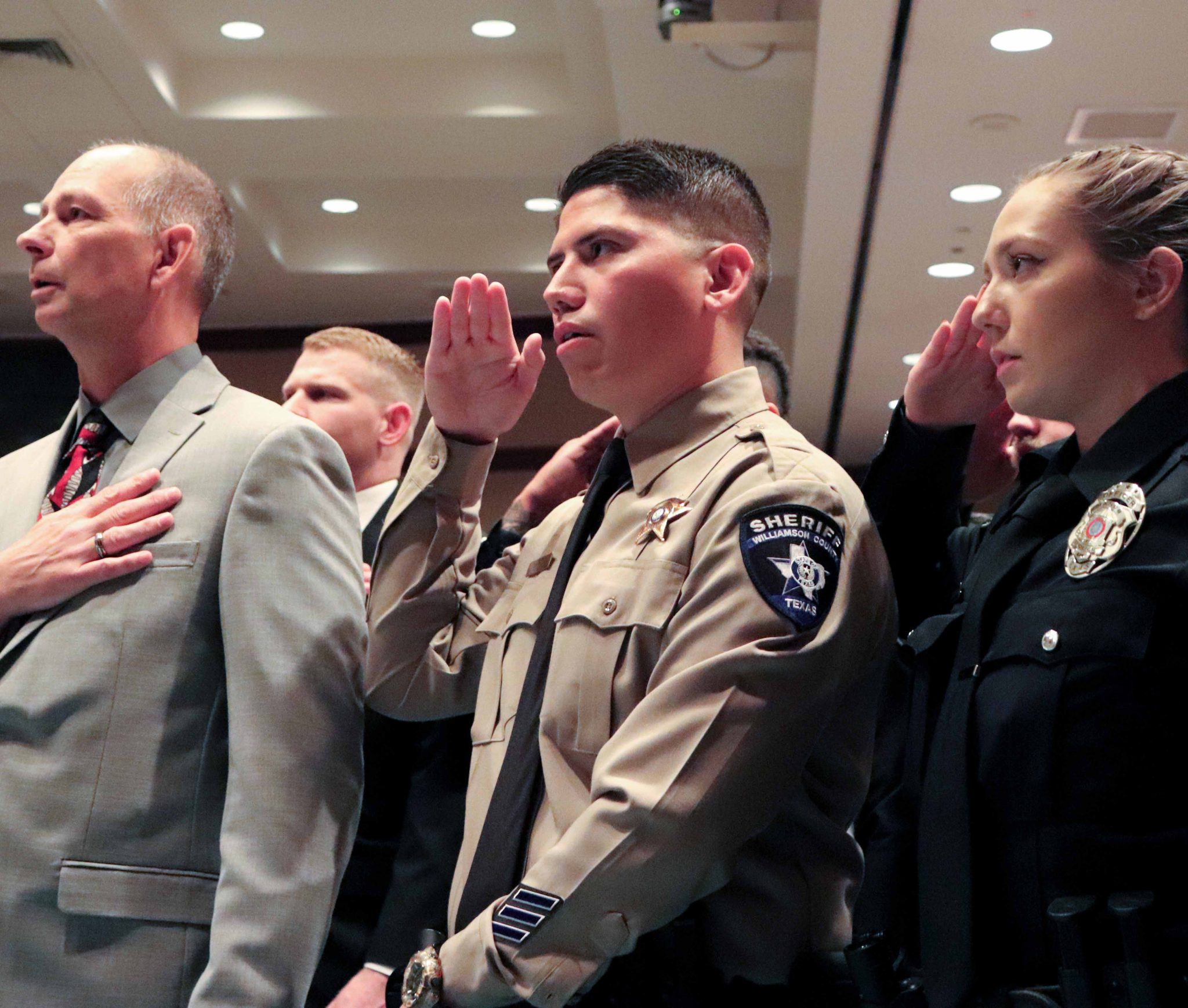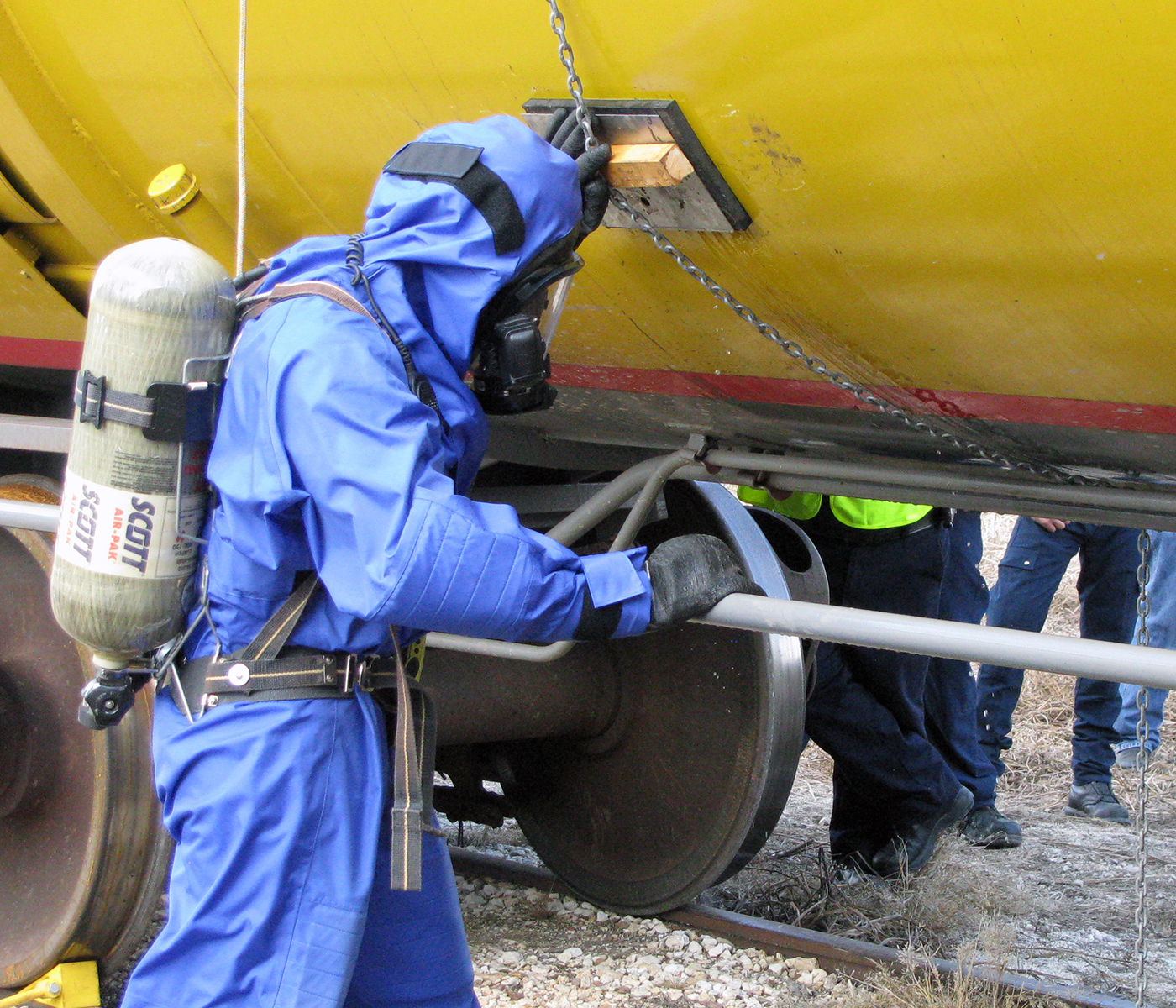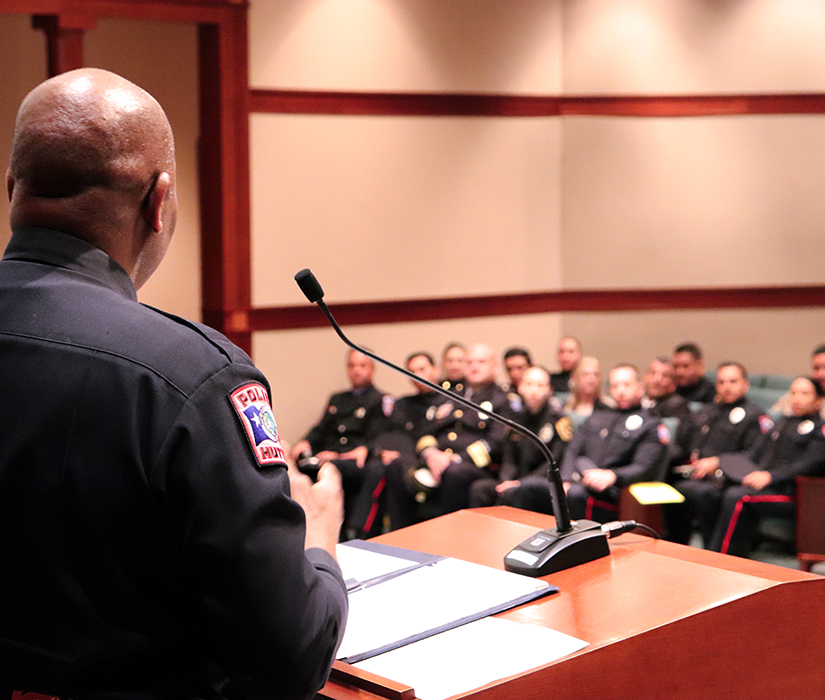The CAPCOG Regional Law Enforcement Academy’s Basic Peace Officer Course (BPOC) provides academic, practical instruction, and preparation for the Texas State Peace Officer Licensing Examination required for all people hoping to become a Texas peace officer. It offers at least three courses a year.
Full-Time and Part-Time BPOCs
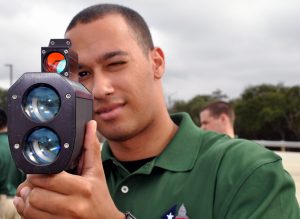 Full-time day BPOCs run from 6 a.m. to about 4 p.m. Monday through Thursday, depending on the length of a topics lecture, for about 6 months. Classes are held at the CAPCOG offices in the Mesquite Training Room and consist of academic lessons and physical fitness training. Part-time night BPOCs run from 6 to 11 p.m. Monday through Thursday and 6 a.m. to 6 p.m. Saturdays. Classes are usually held off site at various locations and are geared toward working adults who find it necessary to maintain employment while attending the course. Please note the location of any upcoming BPOC.
Full-time day BPOCs run from 6 a.m. to about 4 p.m. Monday through Thursday, depending on the length of a topics lecture, for about 6 months. Classes are held at the CAPCOG offices in the Mesquite Training Room and consist of academic lessons and physical fitness training. Part-time night BPOCs run from 6 to 11 p.m. Monday through Thursday and 6 a.m. to 6 p.m. Saturdays. Classes are usually held off site at various locations and are geared toward working adults who find it necessary to maintain employment while attending the course. Please note the location of any upcoming BPOC.
BPOC Testing and Registration
Academic Testing
 BPOC candidates must undergo a timed, four-part test covering basic mathematics, reading comprehension, basic grammar/spelling and writing skills. This test is administered at CAPCOG by RLEA staff on certain examination days which are scheduled for only one BPOC at a time. Each examination costs $75. If no examination registration page is listed, then the scheduled exam time has passed. Please check back for future exam opportunities; however, there may be no new exam times for the most upcoming BPOC.
BPOC candidates must undergo a timed, four-part test covering basic mathematics, reading comprehension, basic grammar/spelling and writing skills. This test is administered at CAPCOG by RLEA staff on certain examination days which are scheduled for only one BPOC at a time. Each examination costs $75. If no examination registration page is listed, then the scheduled exam time has passed. Please check back for future exam opportunities; however, there may be no new exam times for the most upcoming BPOC.
Register to take a BPOC examination.
Personal History Statement
After passing the test, BPOC applicants will need to complete a Personal History Statement provided by CAPCOG before they can be enrolled. Completed Personal History Statements must be scanned and emailed to bpoc@capcog.org or mailed to: CAPCOG RLEA 6800 Burleson Road Building 310, Suite 165 Austin, TX 78744.
Read CAPCOG’s admission procedures for prospective BPOC cadets.
BPOC Entrance Requirements
Reviewing the personal history statement and other qualification documents such as Psychological/Emotional Evaluation (MMPI) and Criminal History Background Check, CAPCOG will determine if a person meets the Texas Commission on Law Enforcement (TCOLE) requirements or is prohibited from entering a course based on RLEA’s BPOC Applicant Disqualification Guidelines.
Age
TCOLE issues Peace Officers Licenses to applicants who are at least 21 years of age; or 18 years of age if the applicant:
- has received an associate’s degree; or
- earned 60 semester hours of credit from an accredited college or university; or
- has received an honorable discharge from the armed forces of the United States after at least two years of active service.
Education
Candidates must have one of the following combinations of documented educational milestones completed and submit transcripts for all education:
- A high school diploma; or
- A GED.
Military Status
Candidates who have served in the military for any amount of time are required to submit a complete Form DD-214 (Member 4 page) showing his or her discharge classification and re-enlistment code. In order to be admitted into the BPOC Program, there must be no dishonorable discharge or other discharge based on misconduct that would bar future military services. CAPCOG’s RLEA does not accept GI bills.
Criminal History
Candidates must meet the following criteria:
- Cannot have been convicted of a Class B Misdemeanor within the past 10 years.
- Cannot have been convicted of a Class A Misdemeanor within his/her lifetime.
- Cannot have been convicted of a Felony within his/her lifetime.
- Cannot currently be awaiting trial for final disposition for any criminal offense.
- Cannot have ever been convicted of any offense involving family violence.
- Cannot be prohibited by state or federal law from operating a motor vehicle.
- Cannot be prohibited by state or federal law from possessing firearms or ammunition.
Citizenship
Candidates must be a United States citizen.
Physical and Psychological Fitness
Day Class: Candidates must be able to run for 2 miles and pass a Peace Officer Physical administered by a licensed Texas physician. Night Class: Candidates must be able to pass a Peace Officer Physical administered by a licensed Texas physician. All candidates must be able to pass a psychological exam called an MMPI administered by a licensed Texas psychologist or psychiatrist.
Other Requirements & Disqualifiers
Read CAPCOG’s BPOC Applicant Disqualification Guidelines.
Read the TCOLE cadet requirements in full.
Summary of Costs
BPOC applicants will incur costs during the qualifications phase and after being accepted into the program. The following tables include typical costs for applicants. The testing, tuition, books, and supplies are the only fees paid directly to CAPCOG; all other fees and expenses are paid by the applicant to outside vendors. Pricing for the various items and equipment vary and are subject to change.
Tuition Cost
Regardless if a cadet is an agency-hired cadet or an independent cadet. CAPCOG charges one rate for attending its BPOCs. Independent cadets are people who are taking a BPOC and earning their Basic Peace Officer License before being hired by a policing agency. Agency-hired cadets are cadets who are employed by policing agencies before joining the academy. Examples of such policing agencies can be municipal police and fire departments, such as Georgetown, Granger, Marble Falls and Blanco PDs, or Austin, Round Rock; and San Marcos fire departments; and county offices, such as Llano, Fayette, and Caldwell county SOs; Blanco, Burnet, and Lee county constable offices; or Hays and Bastrop district attorney’s offices. Due to its proximity to the state capital, agency-hired cadets also includes state policing agencies such as Texas Department of Public Safety, Texas Parks and Wildlife, and Texas Alcoholic Beverage Commission and more.
Tuition Cost: $3,800
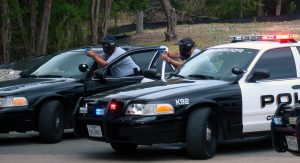
Below is a list of estimated costs for obtaining documents for joining a BPOC and the supplies needed to complete the course. It is made available so future cadets can budget their cost. In most cases, these costs are not set by CAPCOG and may vary in price based on vendor. RLEA recommends applicants make no purchases until they are fully accepted into the program.
| Qualifications Phase | Cost |
|---|---|
| Entry Level Testing Fee | $75 |
| Criminal History Background Check | $41.45 |
| Physical | $75 |
| Drug Screen | $50 |
| Psychological/Emotional Evaluation (MMPI) | $200 |
| Books & Supplies | $100 |
| DPS Driving History | $10 |
| Certified Birth Certificate | $22 |
| Daily Uniform (prior to start of class) | Cost |
|---|---|
| Polo Shirts | $24-34 each (minimum of 2 required) |
| Black Stryke 5.11 Tactical Tactile Pro Pant | $49.99 |
| Garrison Belt | $20 |
| Police Tactical Boots | $90 |
| Shirt/Short Set for Physical Training | $26 each set (minimum of 1 required) |
| Duty Rig (mid-course) | Cost |
|---|---|
| Duty Belt | $25 |
| Duty Belt keepers (set of 4) | $10 |
| Handcuffs Case | $15 |
| Collapsible Baton Holder | $10 |
| Double Magazine Holder | $20 |
| Handcuffs | $30 |
| Holster | $50 |
| Weapons and Ammunition (mid-course) | Cost |
|---|---|
| ASP Baton | $100 |
| Handgun | $500 |
| 1500 rounds ammunition | Market value |
| Cleaning Kit | Market value |
| Box of 25 rounds of Birdshot | $8 |
| 15 rounds buckshot (OO or OOO) | $30 |
| Additional Supplies and Fees | Cost |
|---|---|
| Lab Fees for Driving Training | $35 |
| TCOLE Peace Officer Licensing Exam(veterans are exempt) | $25 |
| Misc. office supplies | $30 |
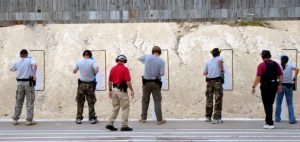
Certifications and Syllabus
Note: This is a complete listing based on the Full-Time Day BPOC schedule. The Part-Time Evening BPOC syllabus may be modified to fit the Part-Time Evening model while still fulfilling the requirements mandated by the Texas Commission on Law Enforcement for the Basic Peace Officer Course. Some topics or certifications may be eliminated to fit the particular schedule.
Certifications:
- Basic Peace Officer Course
- Semi-Automatic Handgun
- Shotgun
- Less Than Full Access TCIC/NCIC
- Community 1st Aid, CPR, and AED
- Tactical Police Driving
- Expandable Baton
- OC Certified
- Standardized Field Sobriety Testing
- NIMS – ICS 100 and ICS 700
RLEA provides in-service law enforcement training that corresponds with all mandated learning objectives set by the Texas Commission on Law Enforcement (TCOLE) and courses that reflect the needs and trends of the ten-county region. RLEA sponsors area law enforcement training by approving the instructor’s qualifications and lesson content, providing TCOLE credit and maintaining all essential record keeping for each course.
Find and register for upcoming law enforcement training opportunities.
Common In-service Courses
CAPCOG schedules specialized in-service courses throughout the training cycle as well as those mandated to maintain or advance an officer’s TCOLE license. Common courses that peace officers will find available to them throughout the training cycle include:
20-hour Basic Civil Process – TCOLE No. 3131
The Basic Civil Process course covers the civil jurisdiction of courts, officer’s responsibilities, the rules and codes that govern the service, execution and return of civil citations, writs, subpoenas and other documents.
40-hour Crisis Intervention – TCOLE No. 1850
This course provides training in identifying and interacting with victims and offenders who have mental health issues as well as those under the influence of legal and illegal substances from a law enforcement perspective.
Courtroom Demeanor/Testimony – TCOLE No. 2057
This 4-hour course provides officers with basic knowledge — or a refresher for veteran officers — of courtroom terminology, what to expect in the trial setting, the stages of trial, common defense tricks and how to prepare a testimony.
De-escalation – TCOLE No. 1849
This course improves officers’ response to incidents involving people in crisis who are behaving erratically. It emphasizes public and officer safety while teaching tactical de-escalation to reduce the intensity of an encounter with a suspect. The training enables officers with additional options for voluntary compliance and to mitigate the need for a higher level of force while they maintain control of the situation.
Firearms Instructor – TCOLE No. 2222
Professional skill development for Peace Officers desiring the TCOLE Firearms Instructor Certificate. Students will receive theory and practice in Range Safety/Management, Course Design, and Liability Issues. A TCOLE Instructor Certificate is mandatory to enroll in this course.
Interacting with Drivers who are Deaf and Hard of Hearing – TCOLE No. 7887
This course provides training on the appropriate techniques of interacting and communicating with drivers who are deaf or hard of hearing.
Intermediate Crime Scene Investigations – TCOLE No. 2106
The course provides intermediate level understanding of the subject. Course includes instruction in legal aspects of a crime scene search, investigating, sketching and photographing, fingerprinting, identification, collection, and preservation of evidence, DNA evidence, and computer crimes.
Intermediate Spanish for Law Enforcement – TCOLE No. 2111
This course is designed for law enforcement and correctional custody officers to develop speaking and listening skills and to promote a deeper understanding of the Hispanic population in the state of Texas. The utmost concern is to provide a foundation in the Spanish language that will not only lead to a strong repertoire for communicating with Spanish-speaking people but also to the provision of officer safety.
CAPCOG also offers an Intermediate Spanish for Law Enforcement exemption exam. For $50, officers who speak Spanish can receive an exam proctored and reported by RLEA to exempt them from taking the intermediate course. Contact 512-916-6160 or bpoc@capcog.org about schedule the exam.
Intermediate Use of Force – TCOLE No. 2107
This curriculum provides a thorough understanding and knowledge of the statutory laws related to the use of force.
Mental Health Officer – TCOLE No. 4201
This class is designed to certify an individual to be a statewide resource as a mental health officer (MHO), per Texas Occupations Code 1701.404, and the TCOLE Rule §221.11. An MHO assists responding law enforcement officers with determining what and when actions can be taken regarding an individual’s 4th Amendment rights, due to their incapacitation caused by a mental health crisis. The course certifies officers on how to identify applicable situations for intervention, appropriate local resources for the demographics of the jurisdiction, and best practices on building resources and community connections.
New Supervisor Course – TCOLE No. 3737
This course is designed to provide the student with the information to be prepared as a new supervisor. This course meets the requirements for compliance with 1701.352 Occupations Code for new supervisor training.
Legislative Updates – TCOLE No. 3187
The goal of this curriculum is to provide law enforcement officers with an update of recent statute changes and additions provided by the Texas Legislature as well as recent Supreme Court decisions that impact important issues such as search and seizure, detention, etc.
TCOLE Basic Instructor Certification – TCOLE No. 1014
Professional skill development for Peace Officers desiring the certification for teaching law enforcement classes. Subjects taught include preparing lesson plans, methods of instruction, testing and evaluation, instructional media, student development, and student teaching exercises.
Find your next in-service course.
Annual or Bi-annual Courses
Each year CAPCOG brings training experts to help policing agencies meet their operational needs which could include instructor or armorer training. The courses are generally offered when demand peaks. Examples of these courses include:
Glock Armorer
Completing the GLOCK Armorer training allows departments to service their own weapons, instead of relying on a professional outside the agency.
Threat Pattern Recognition Instructor
This course provides 12 teaching certifications related to self-defense tactics used by peace officers to minimize risk of injury to officers and assailants to include methods for tactically handcuffing, using pressure points to control suspects, threat recognition and more.
TASER Instructor Course
The 8-hour course grants a two-year instructor certificate and teaches training techniques and best practices that prepare officers for using TASER equipment. The course reviews safety protocols and covers training drills and use liability.
Find your next in-service course.
Cancelation Policy
CAPCOG reserves the right to cancel training courses and workshops that do not meet the minimum number of registrants at least seven business days before their start date. In those circumstances, CAPCOG will provide a full refund.
Registrants who wish to cancel their registration must cancel online or notify CAPCOG via email at least 30 calendar days before the course or workshop start date to receive a refund. There is a $50 administrative refund processing fee for courses or workshops over four hours in length. Courses four hours or shorter will not be refunded.
No-shows and cancelations made less than 30 calendar days before a course’s start date will be charged in full. Partial attendance is not permitted.
How do I register for a Class?
To register for a class, go to training.capcog.org and find the law enforcement courses. Scroll through the available classes until you reach the class you are interested in attending. Register by clicking on “Register Now”. Enter your information including payment type. You may register multiple people at a time. A registration receipt available at the end of the registration process and will be emailed to the address provided. If you paid online with a credit card, a transaction receipt will be emailed as well.
How do I cancel my registration?
To cancel a registration, training.capcog.org and find the course you need to cancel. Click on the “I need to cancel.” button. Enter the email address you provided and the registration number. You will receive an email showing your cancellation. If you prepaid, contact RLEA to request a refund. Be prepared to give payment information such as the check number, amount, and date mailed if paid by agency check or money order. If the registration was paid with a credit card, a minimum refund fee of $10 will be deducted from the refund amount.
How do I get a refund for a canceled registration?
Refunds are only issued for course cancelations that occur 30 days before the course’s start date. Cancelations for courses that are 4-hours or fewer are not eligible for refunds.
If you prepaid for a class with a credit card, a money order, or an agency check, contact RLEA. Be prepared to give payment information such as the check number, amount, and date mailed if paid by agency check or money order. If the registration was paid with a credit card, a minimum refund fee of $50 will be deducted from the refund amount, if you canceled 30 calendar days before the course’s start date.
Is there a fee for canceling a registration?
If you paid with a credit card, a minimum refund fee of $50 will be deducted from the refund amount.
How can I pay for a class?
Pay for courses online with a credit card, or pay ahead of the class with an agency check or money order. CAPCOG does not accept cash or personal checks. Be sure to note on the check the class name, class date, and the name of the attendee or attach a registration receipt or a flyer for the class. If you pre-approve your registration with your agency and obtain a purchase order, then CAPCOG can use the purchase order number to bill your department. CAPCOG will not bill your department without prior approval from that department.
What credit cards does the CAPCOG website accept?
The CAPCOG website accepts all major credit cards.
Can I pre-pay for a class?
You may pre-pay for a course using a credit card on the website or by mailing an agency check or money order to CAPCOG. Be sure to note on the check the class name, class date, and the name of the attendee or attach a registration receipt or a flyer for the class.
When will the credit for my class be reported to the TCOLE?
Credit for classes should be entered into the TCLEDDS online system within 30 days of the last day of the class. It may take up to a week for TCOLE.
